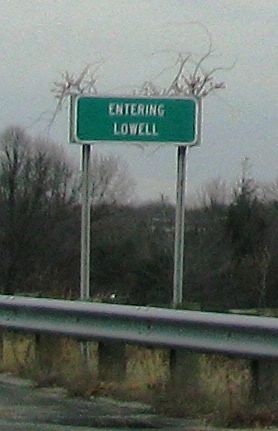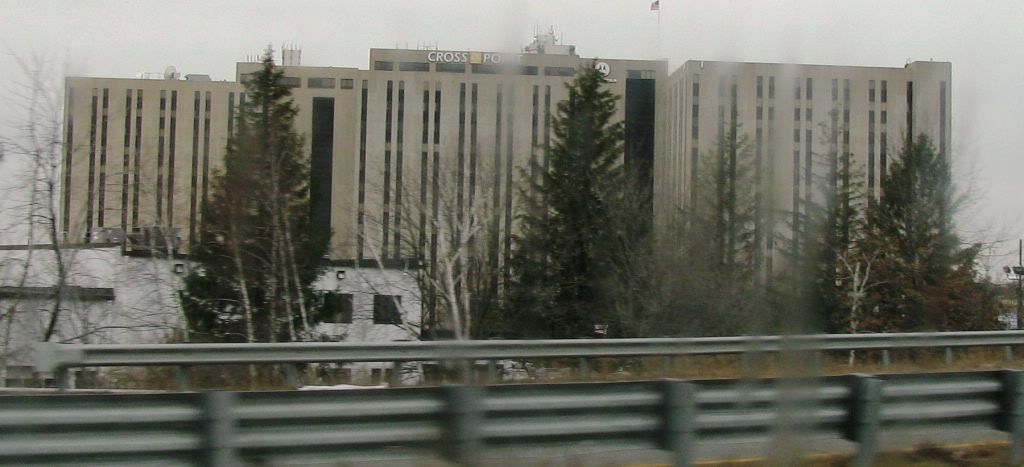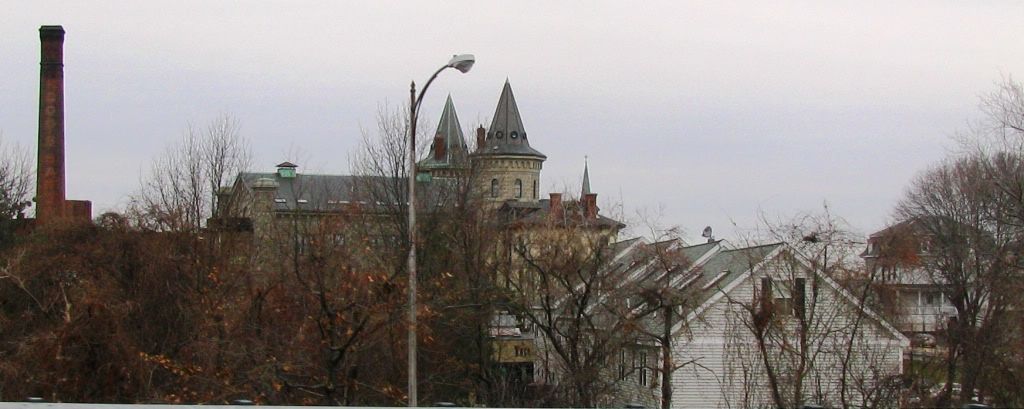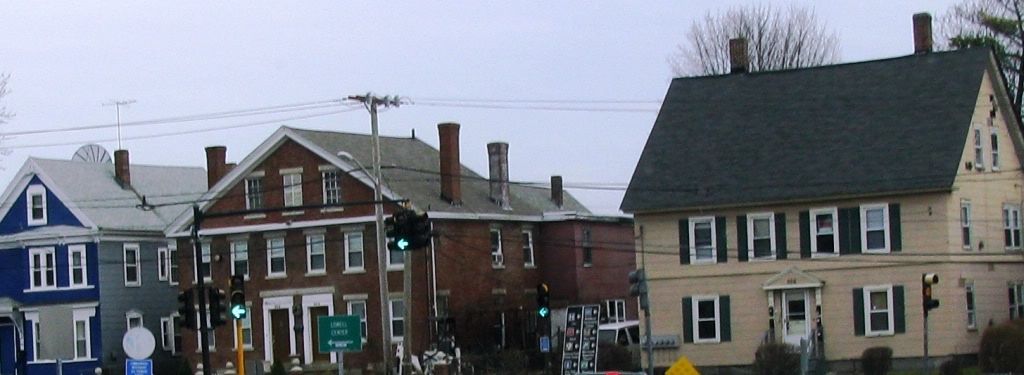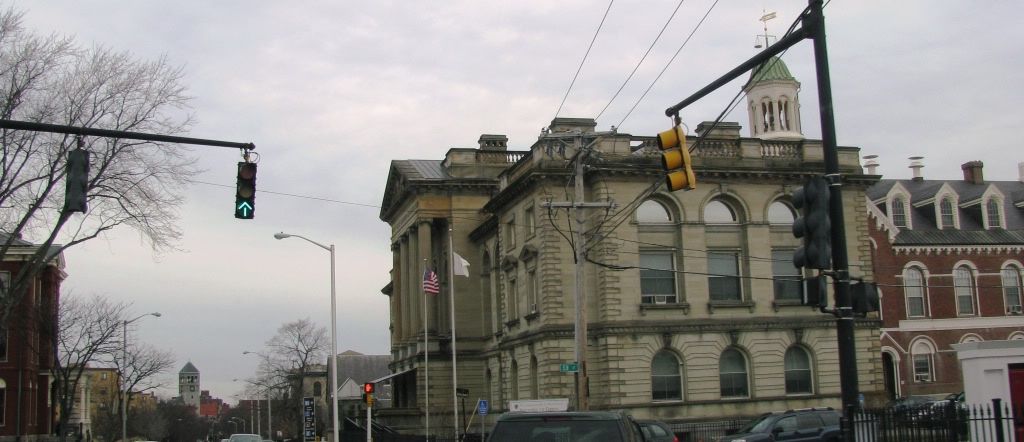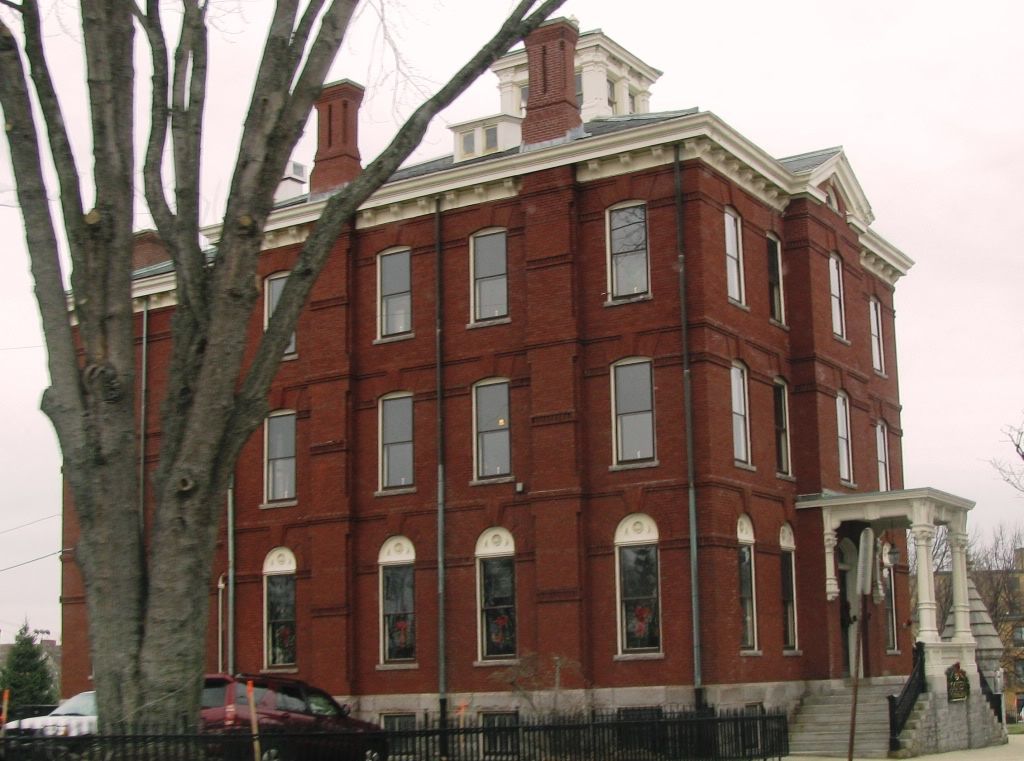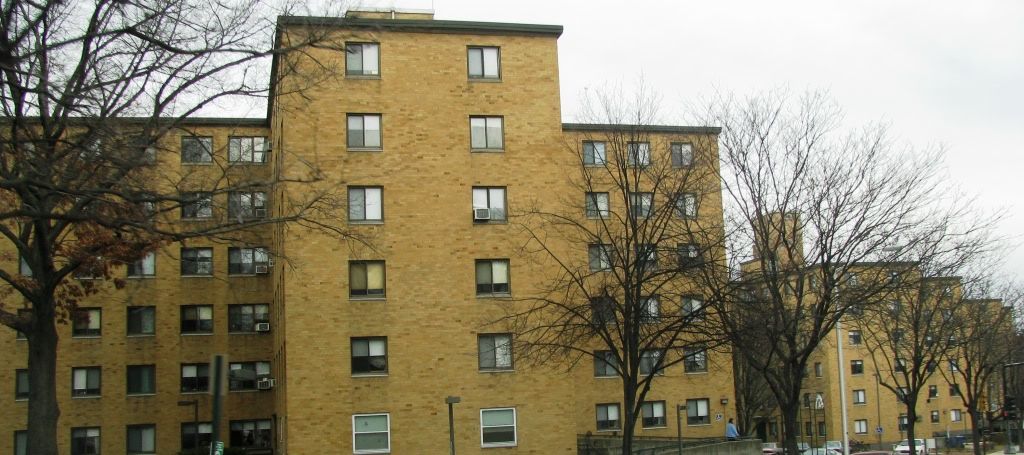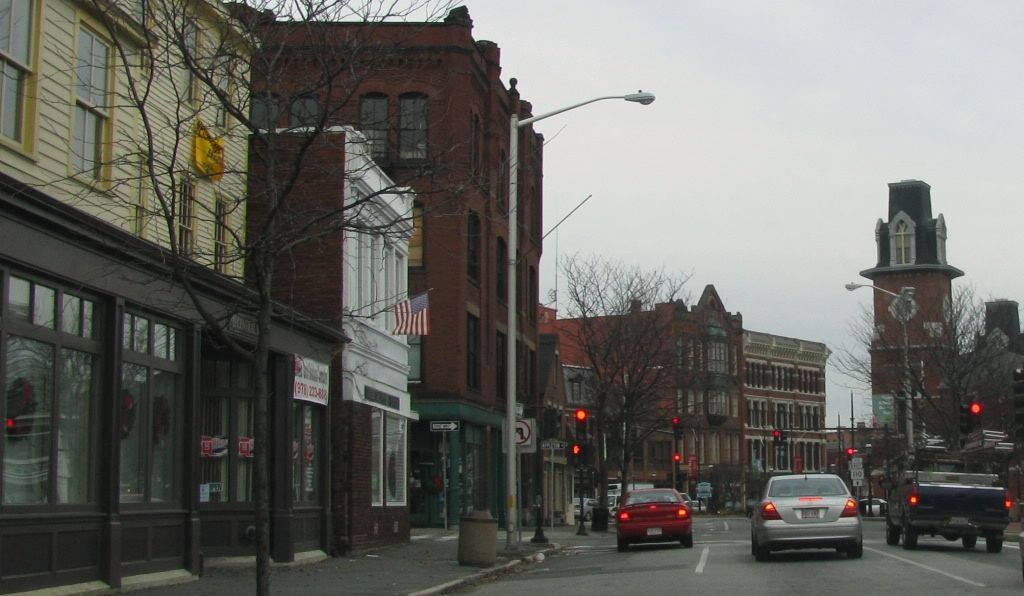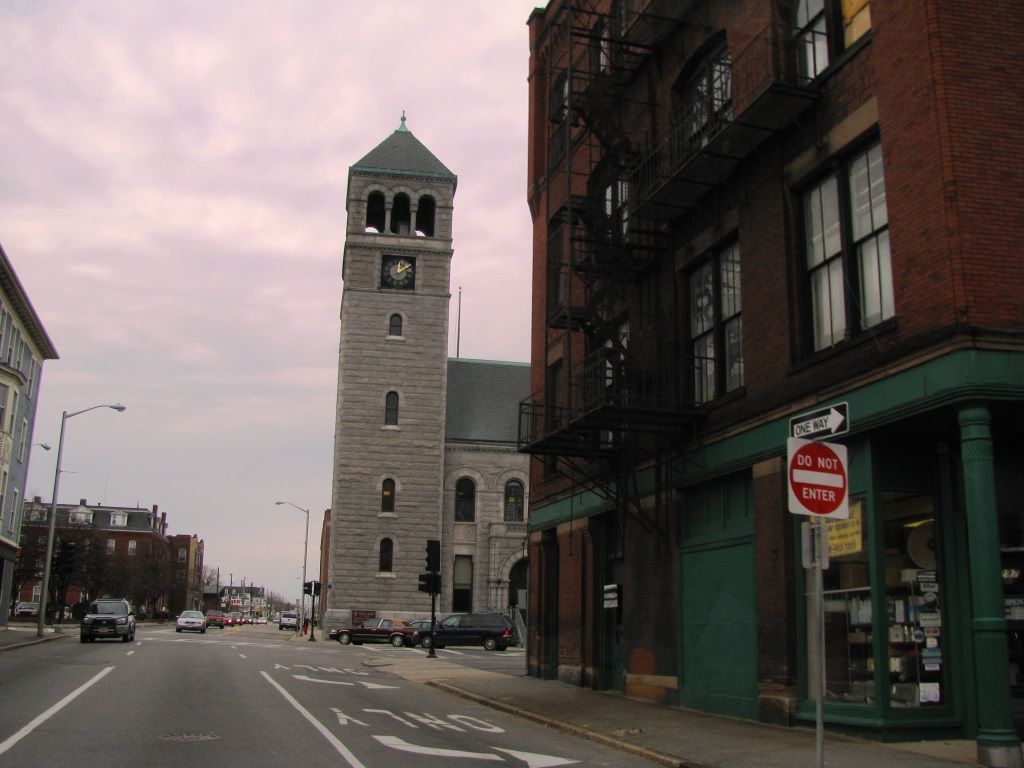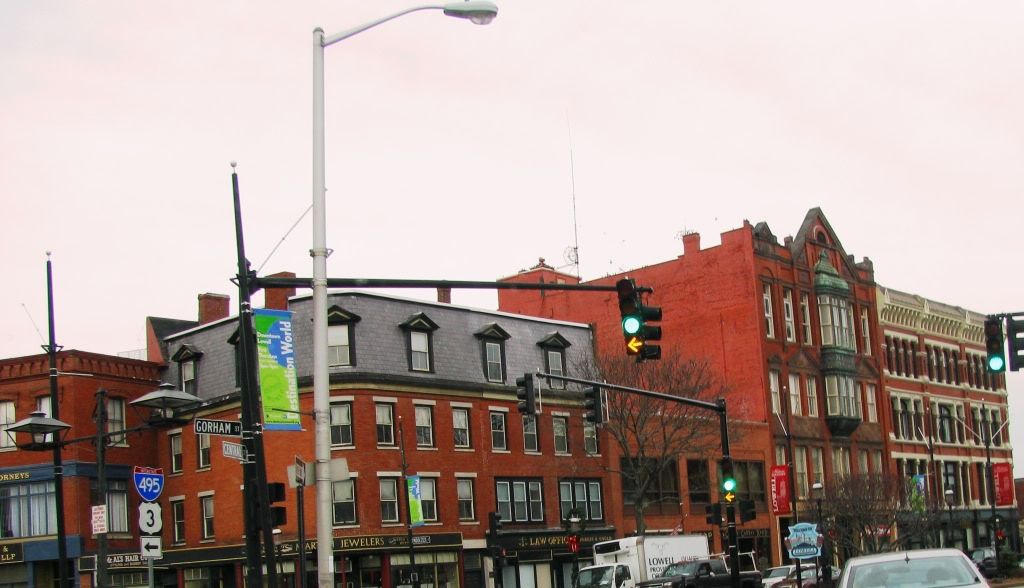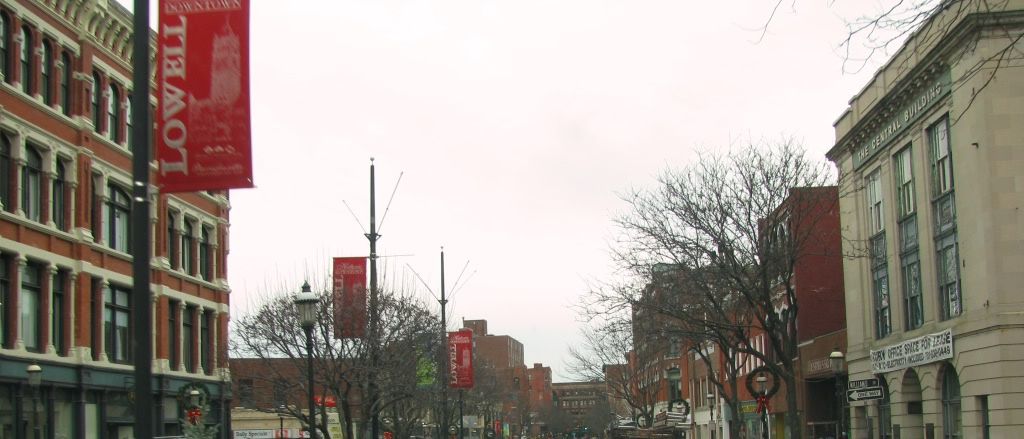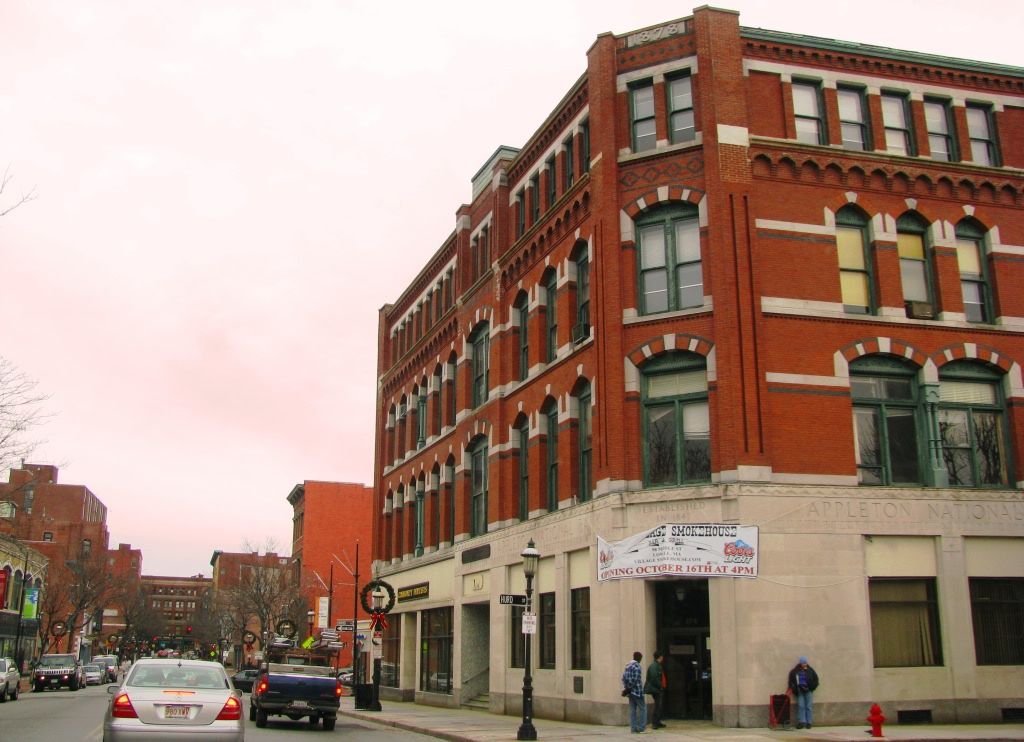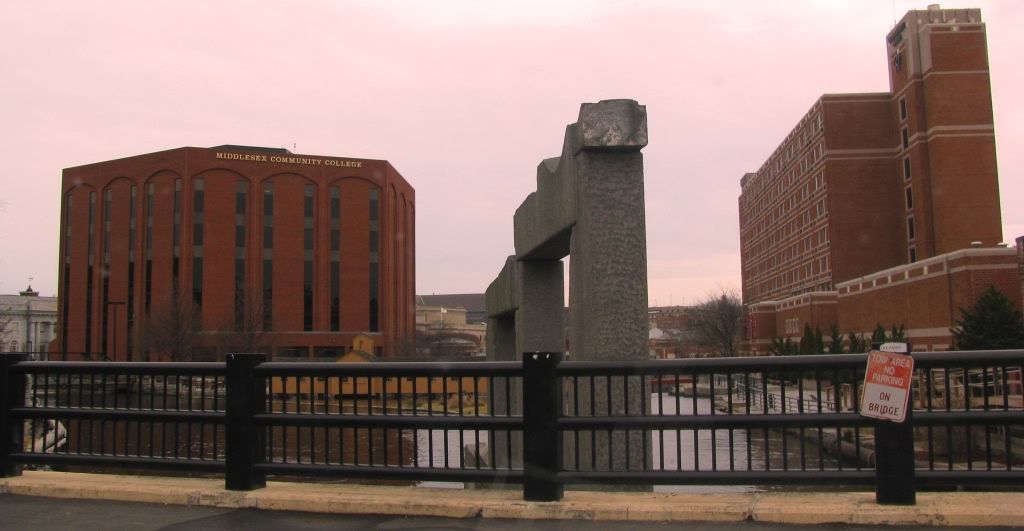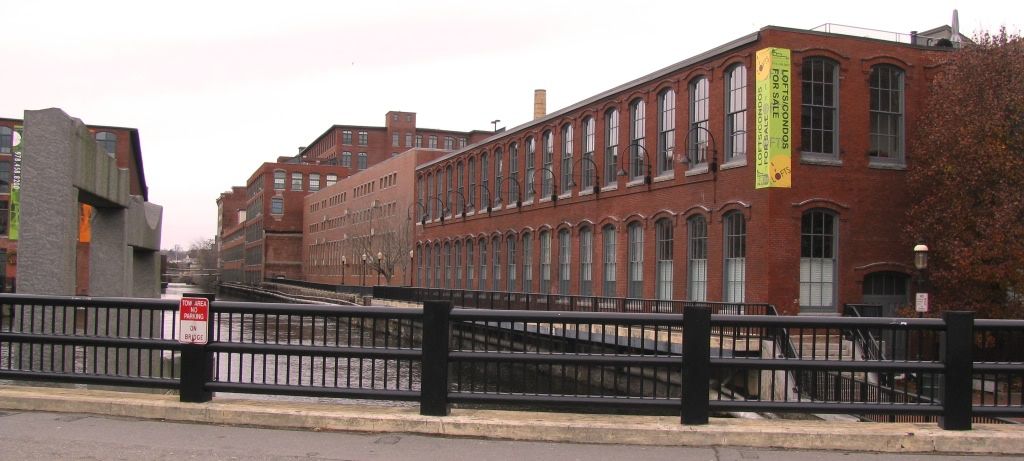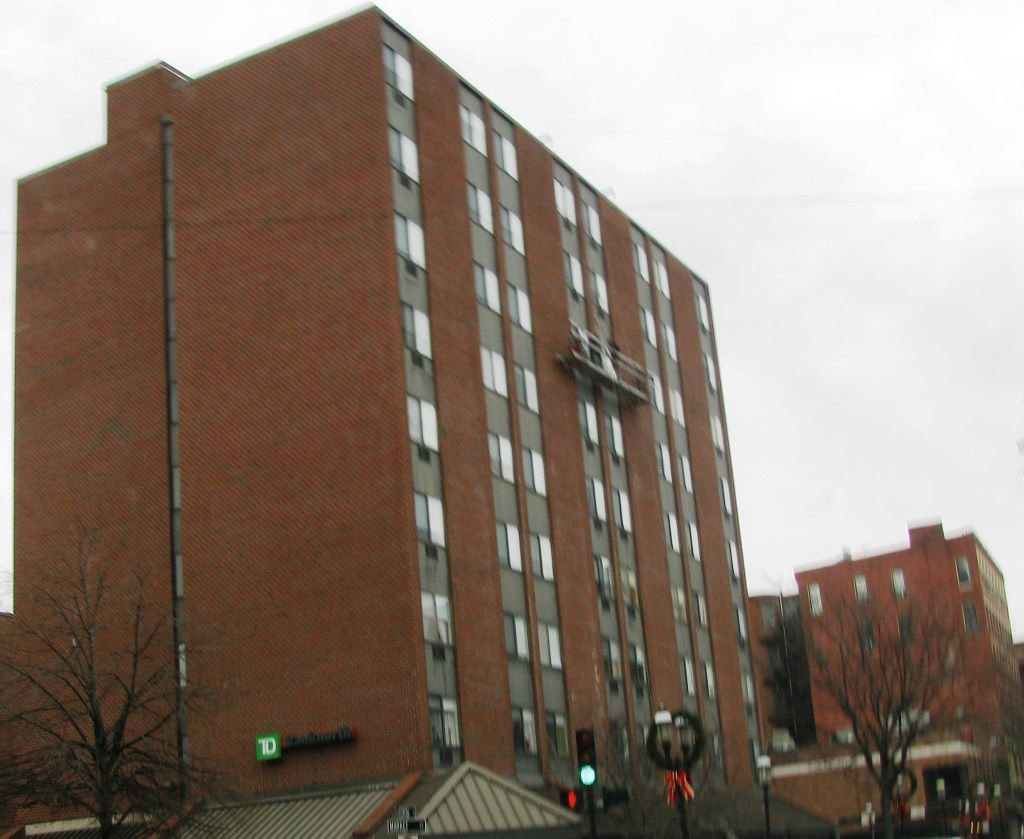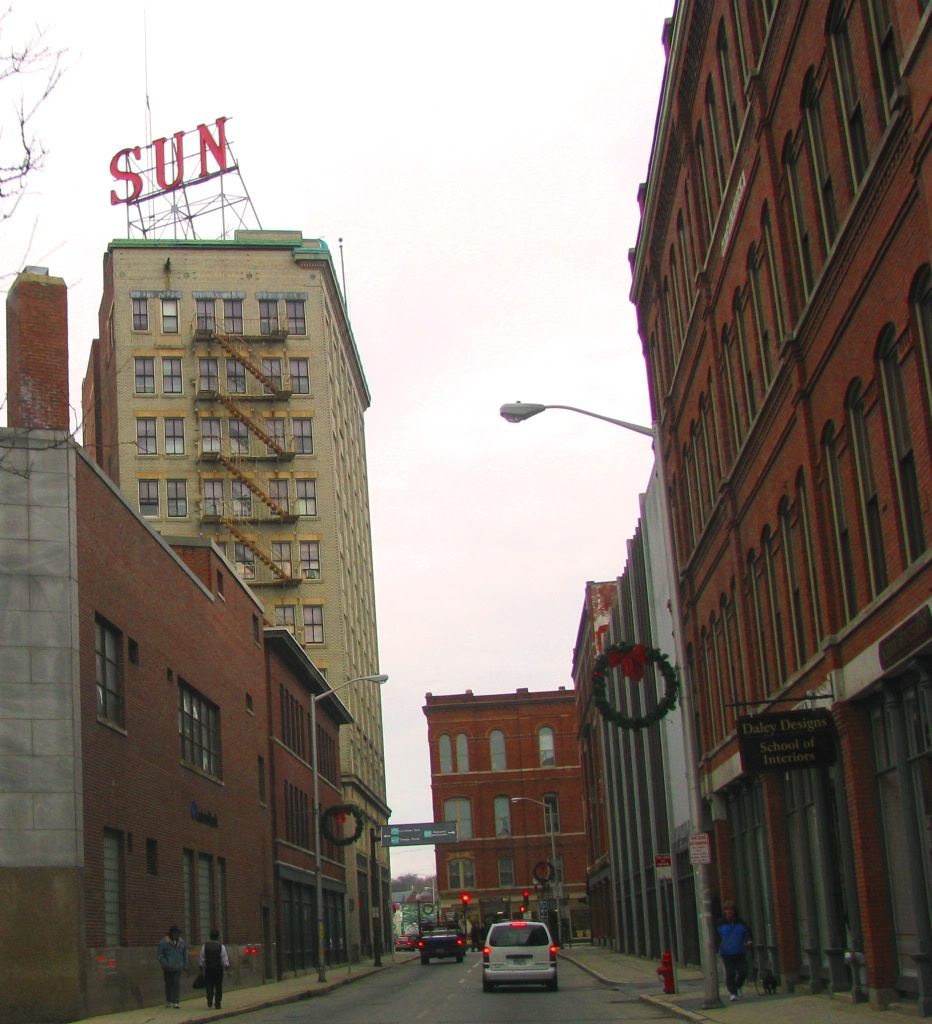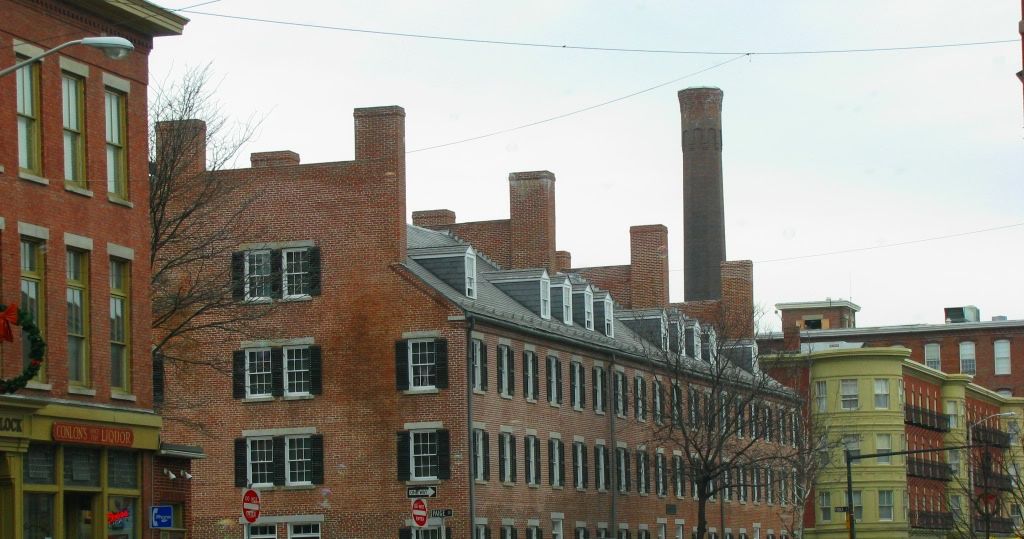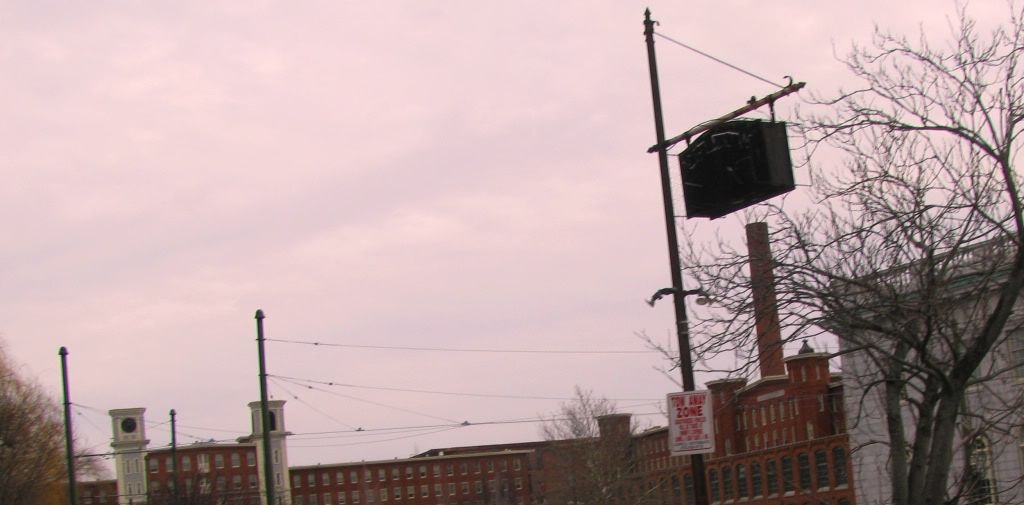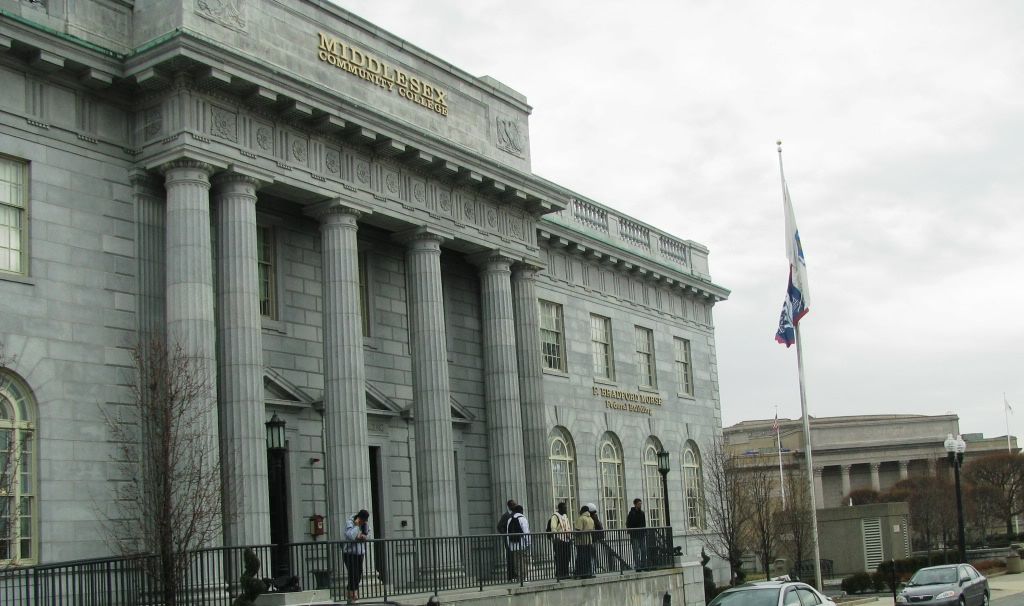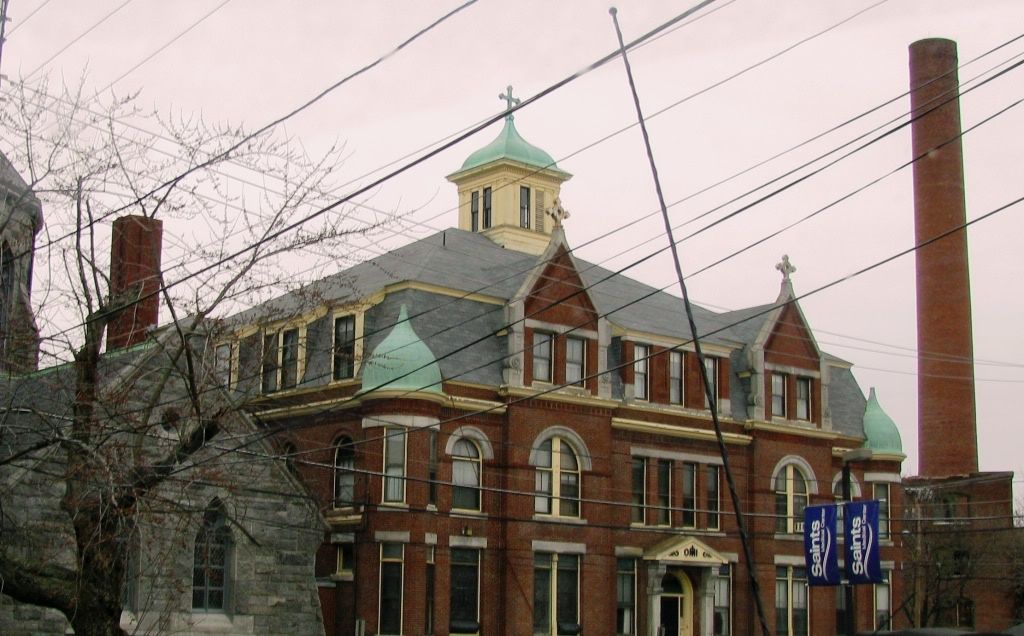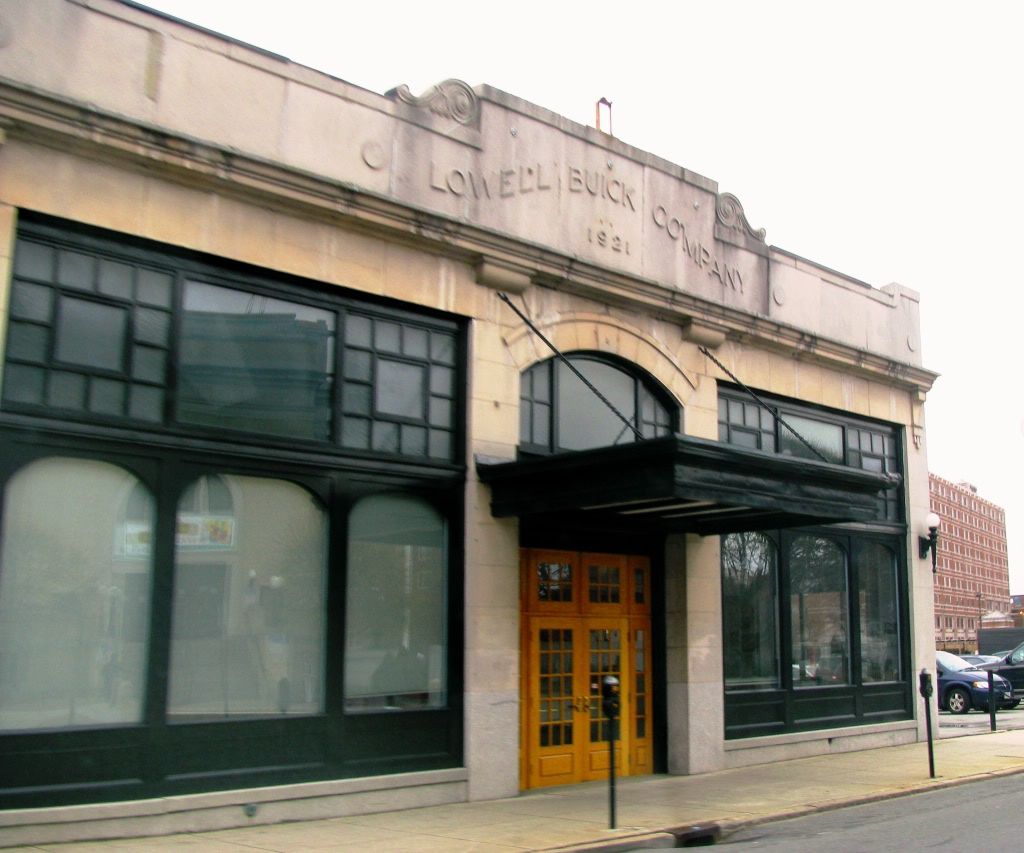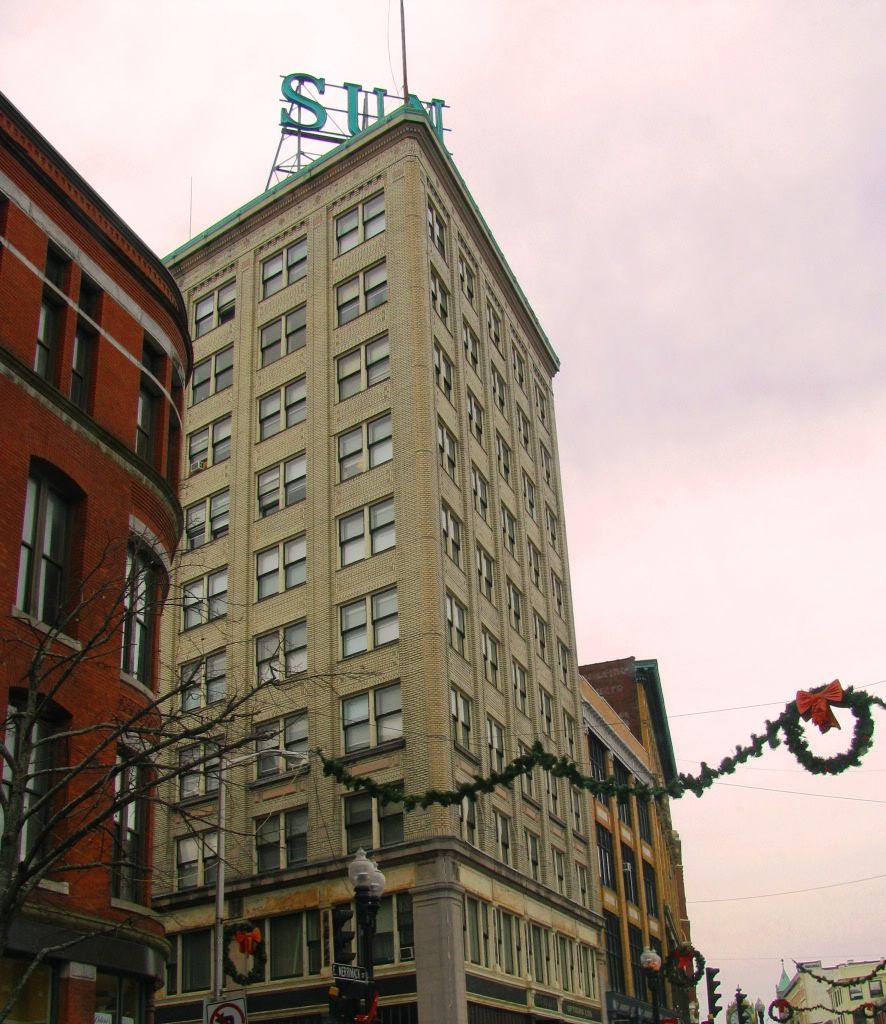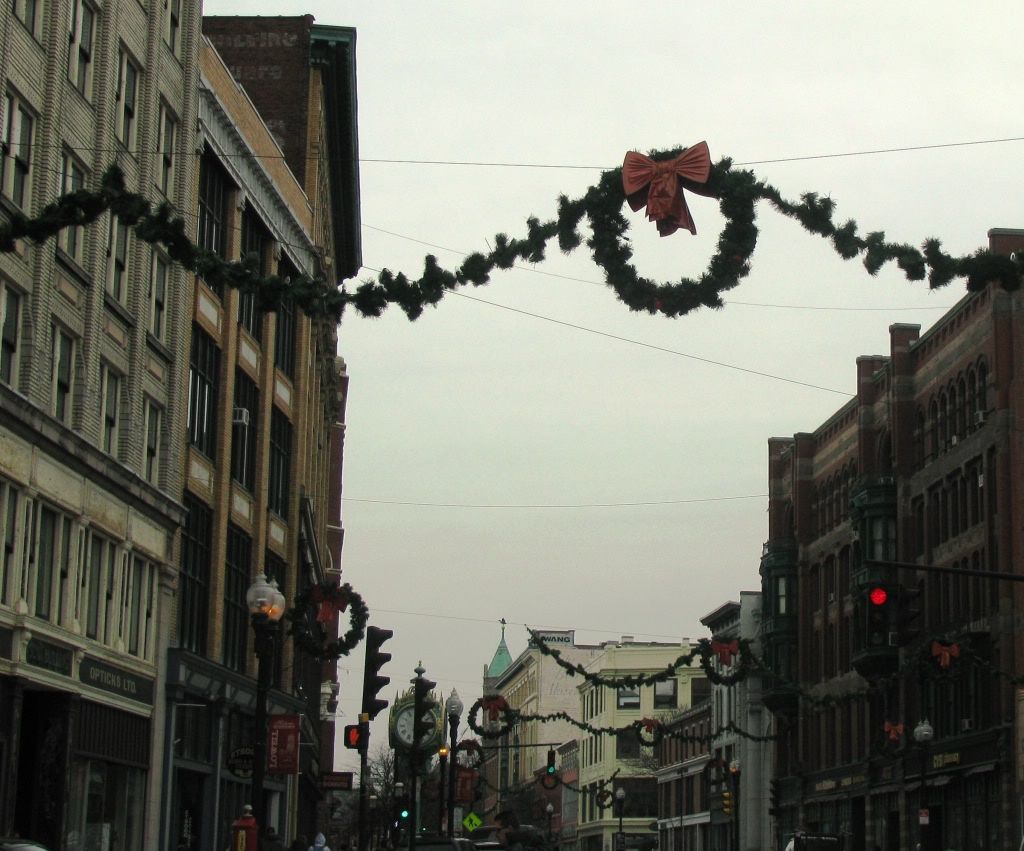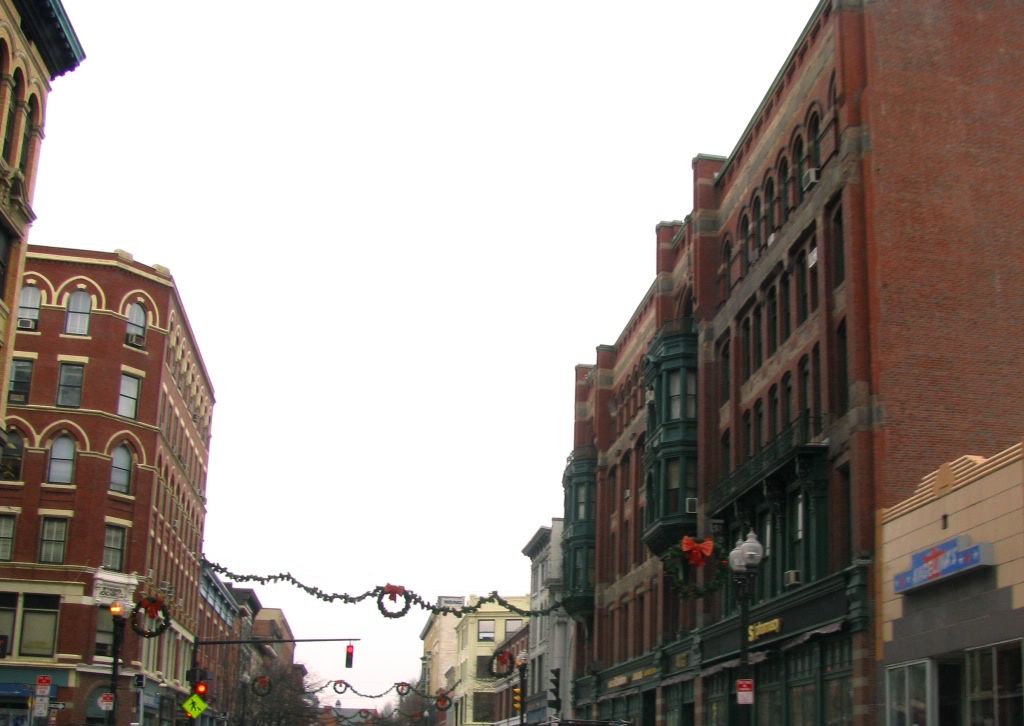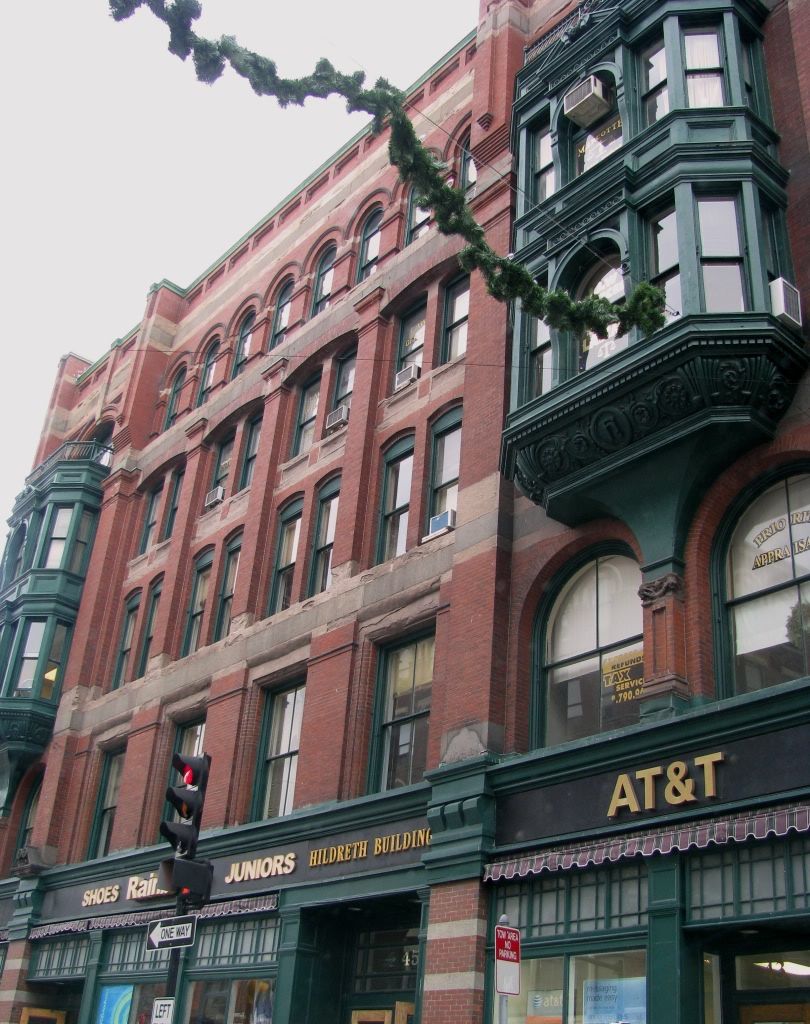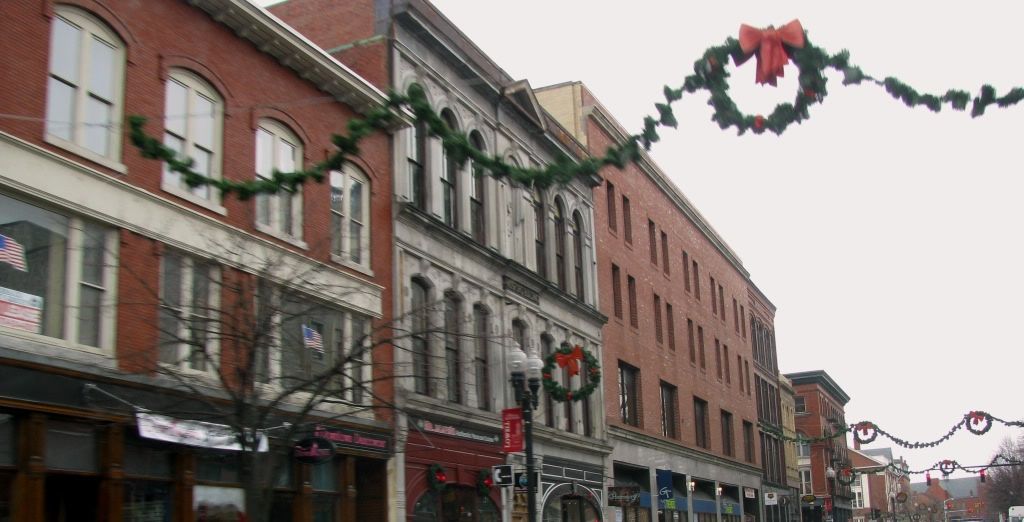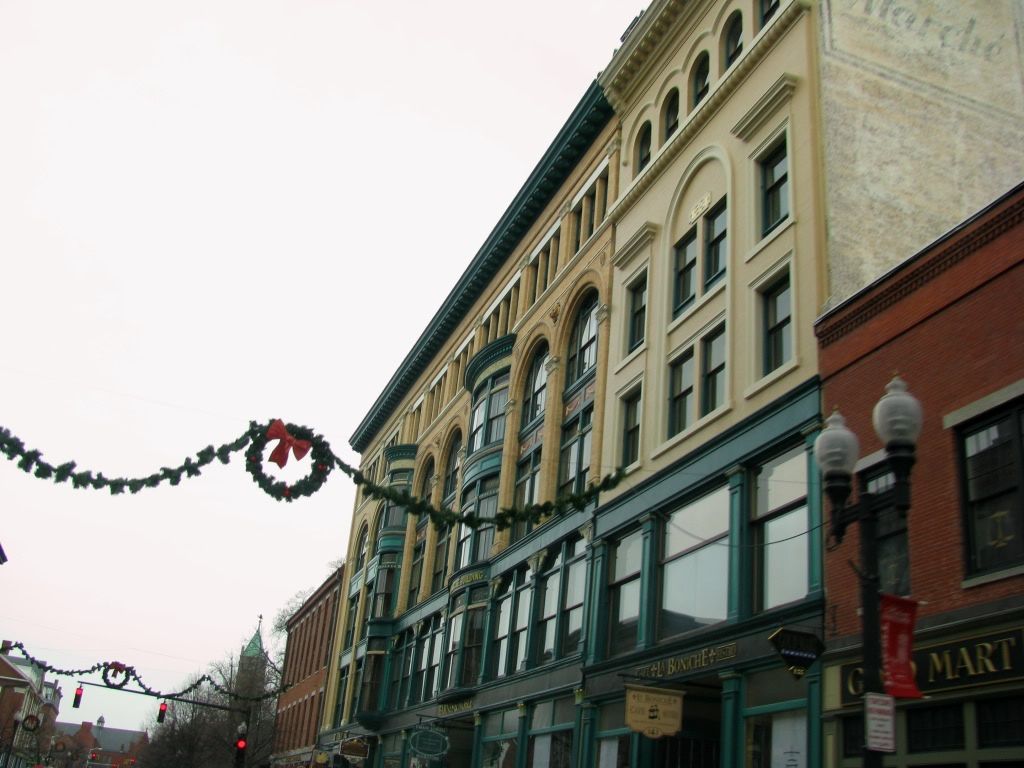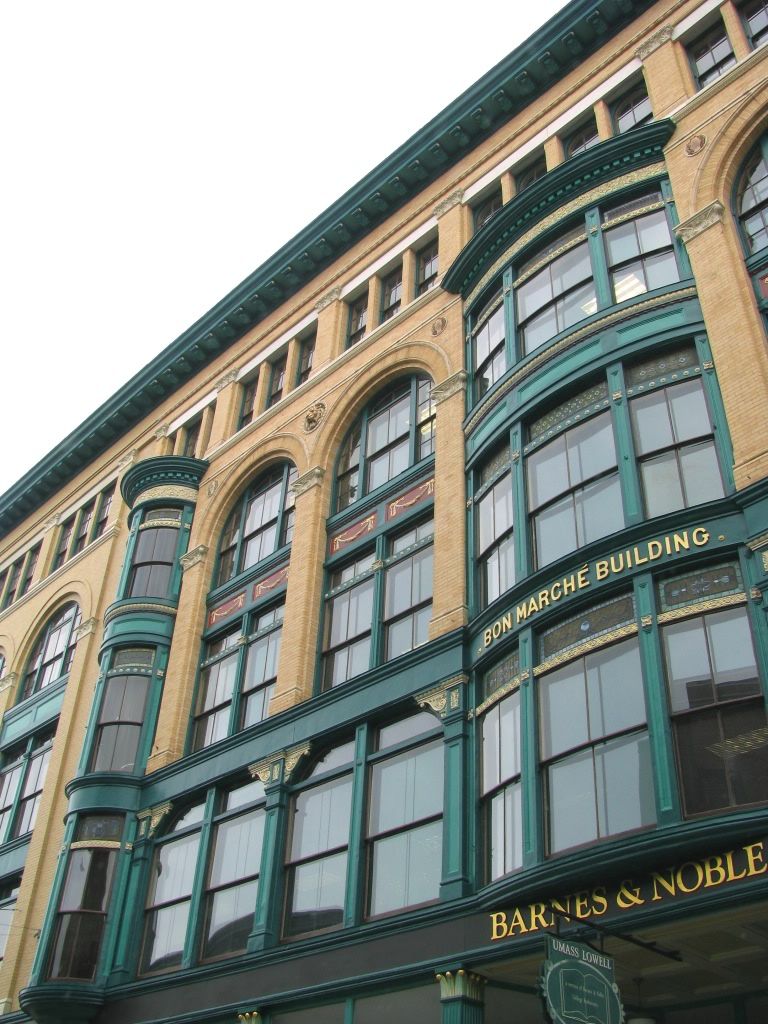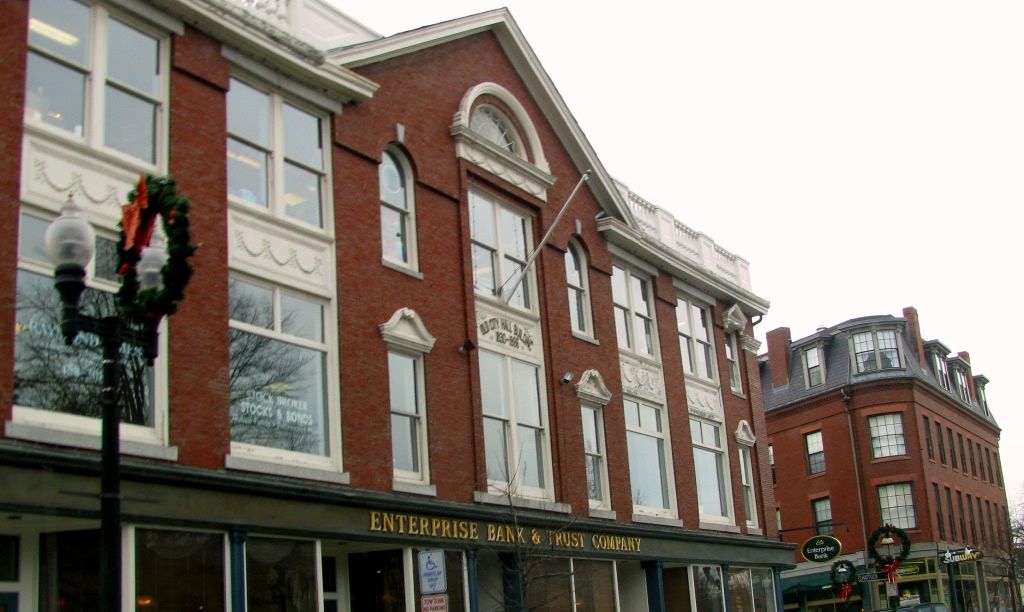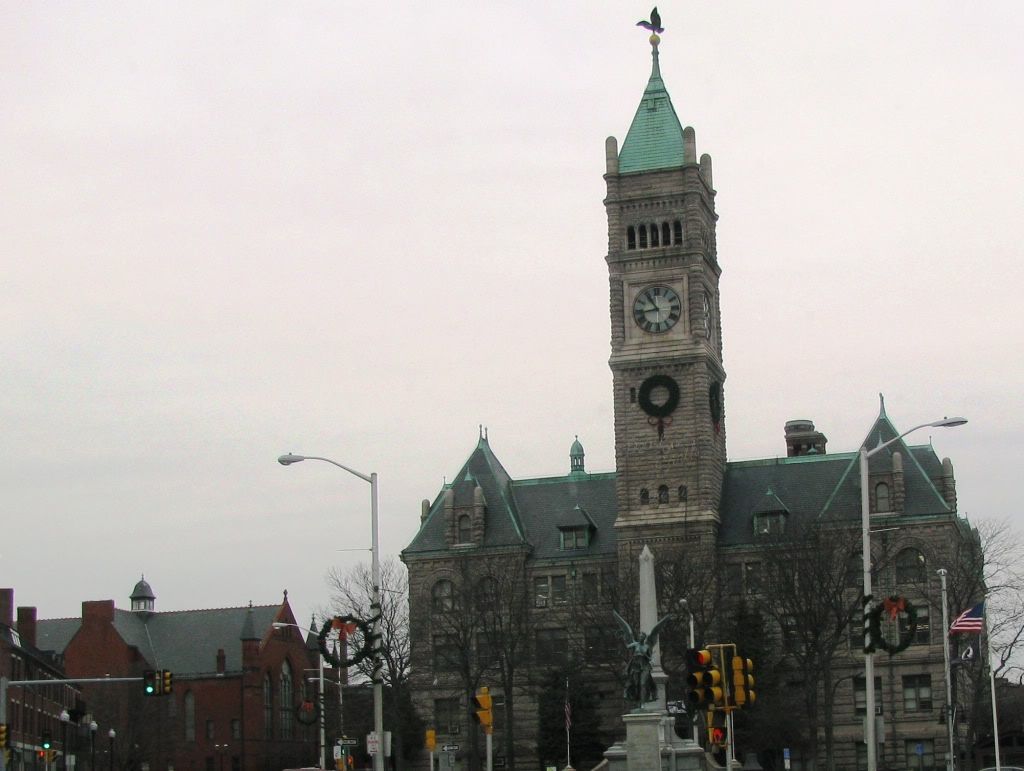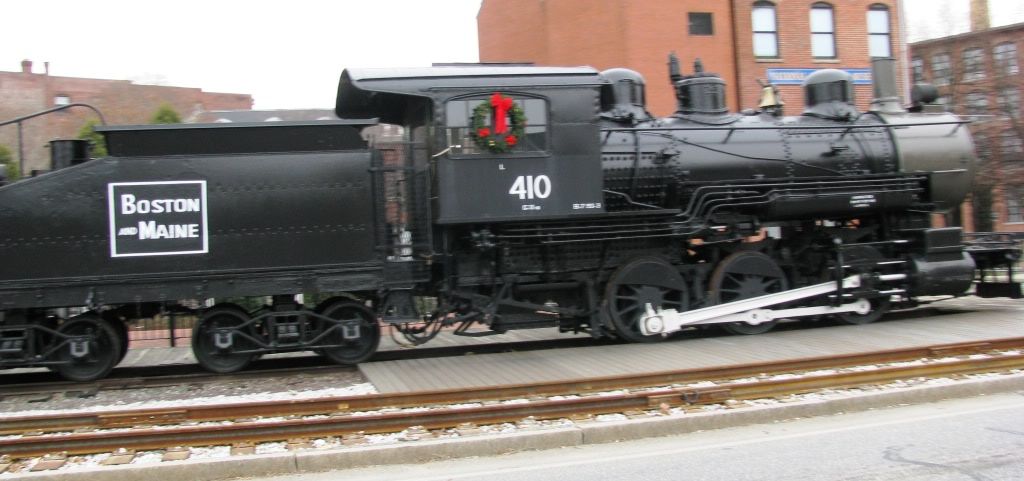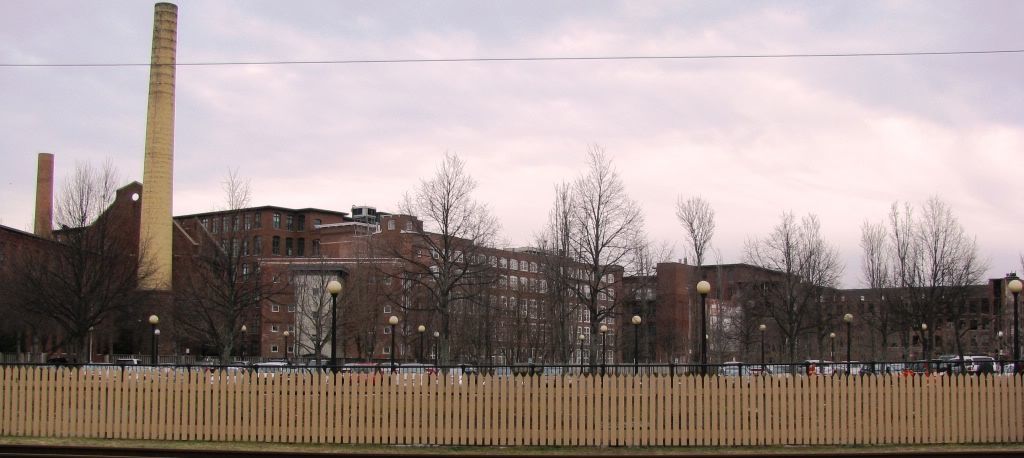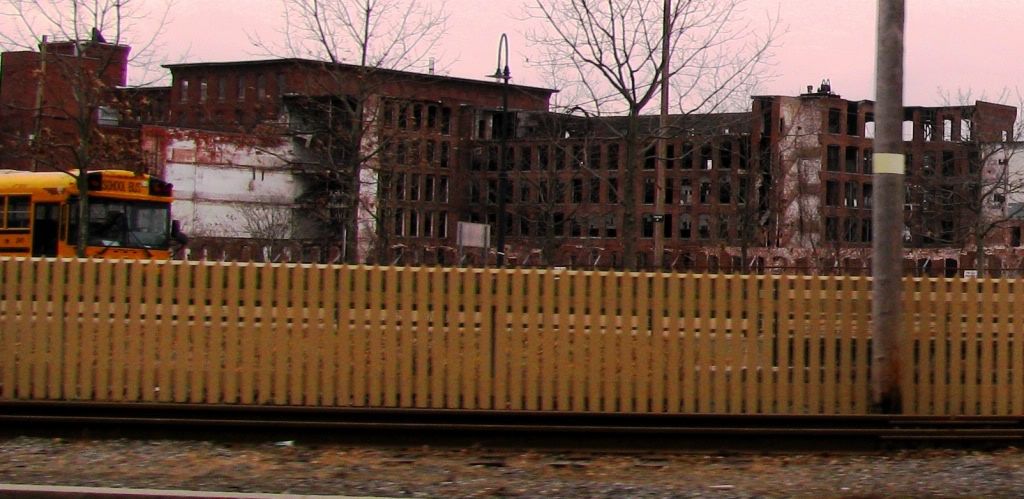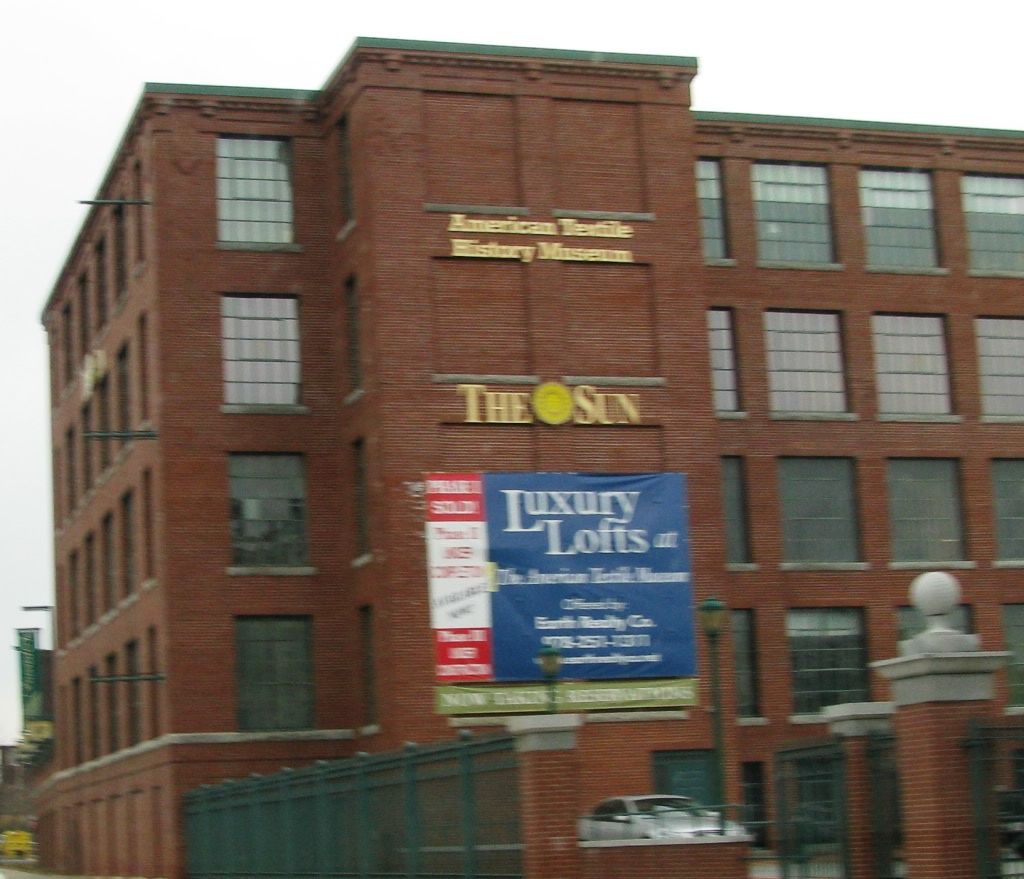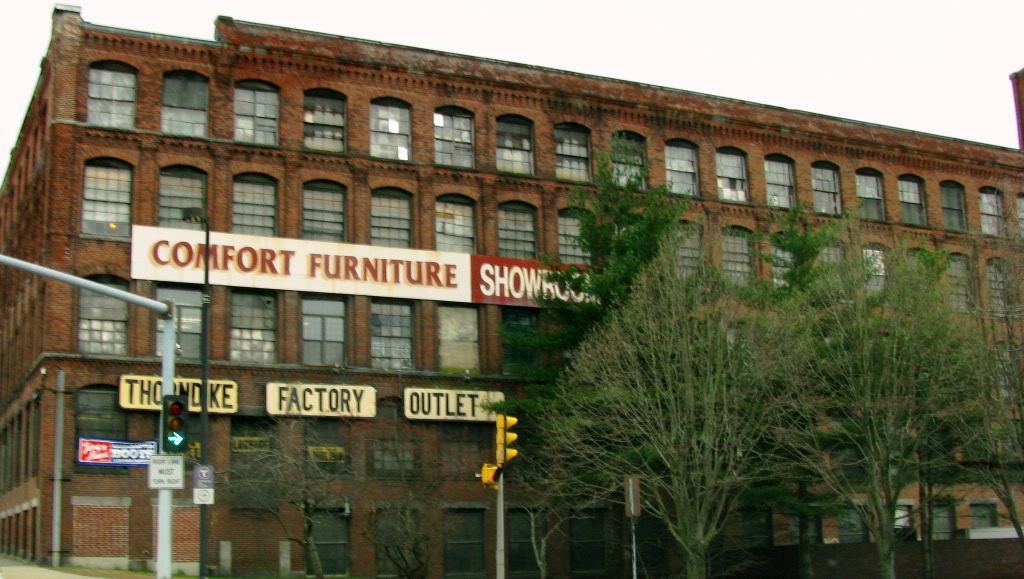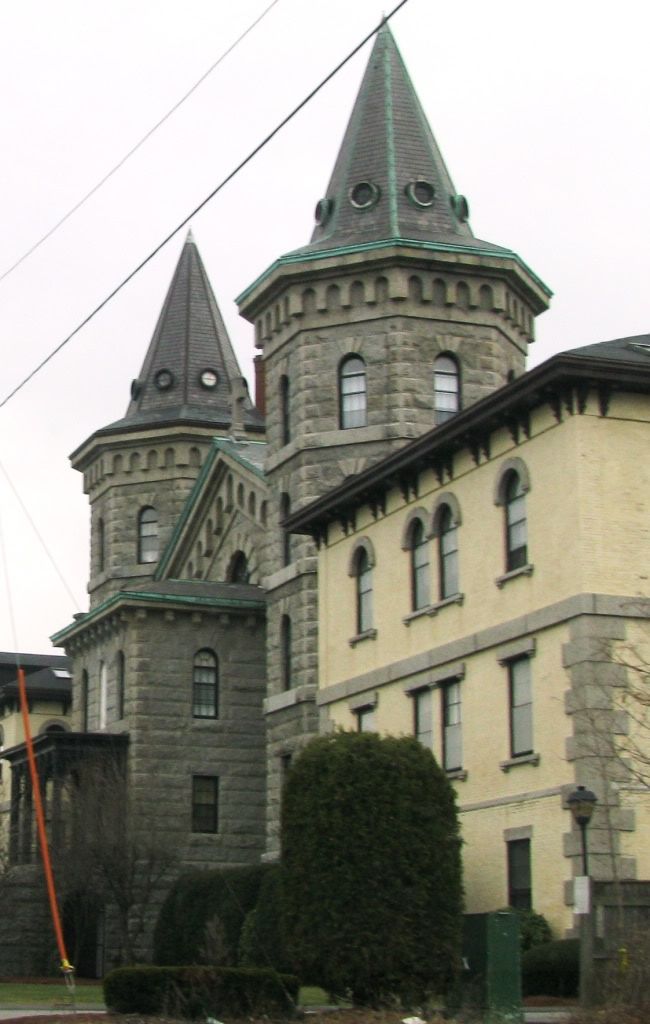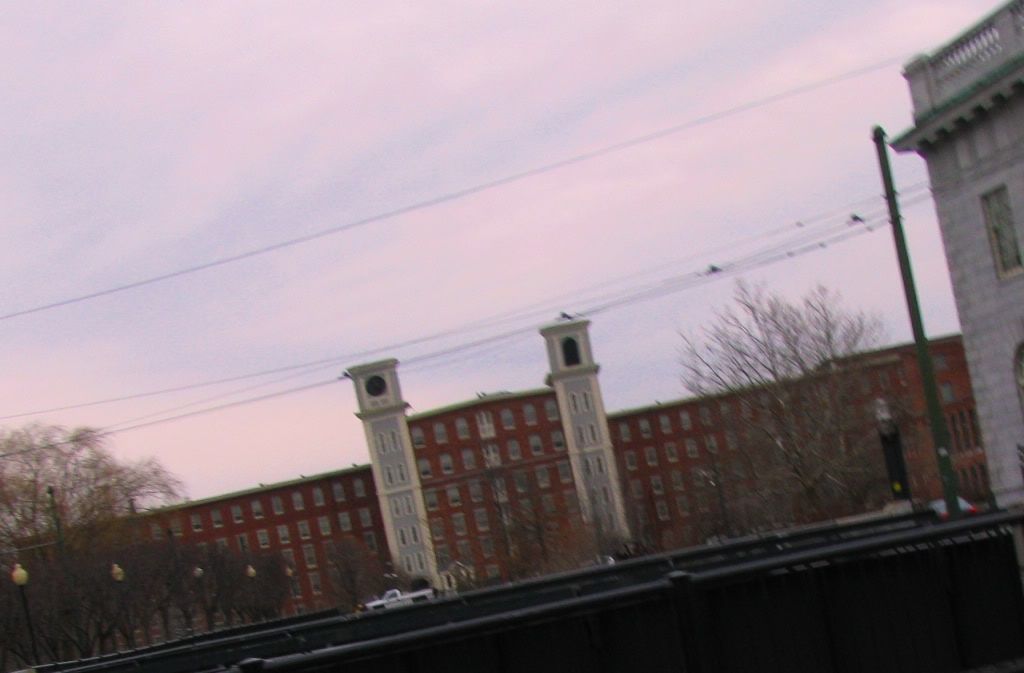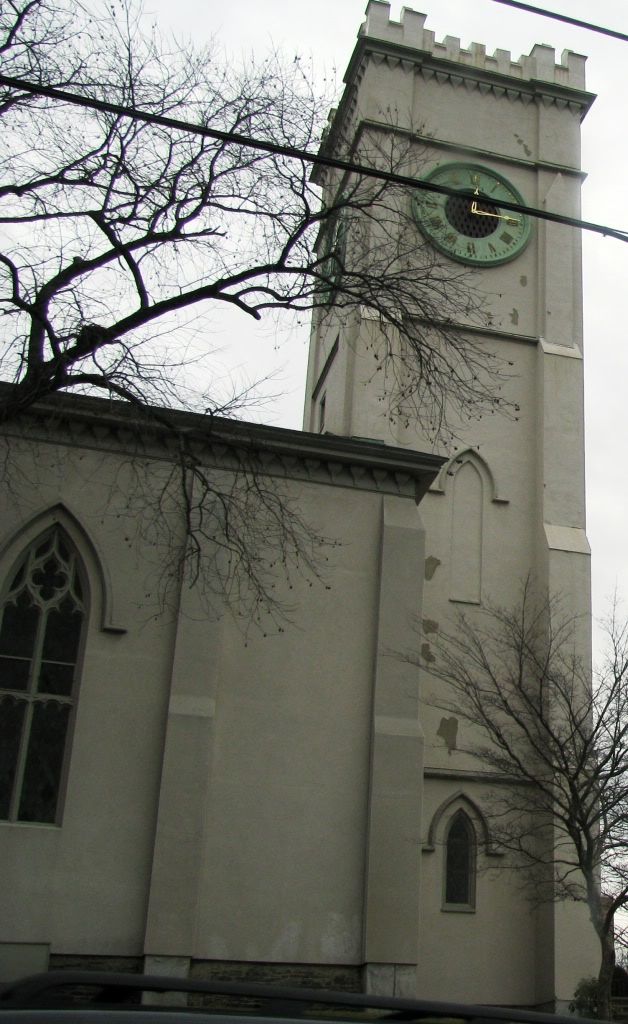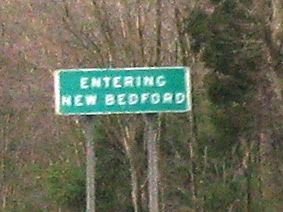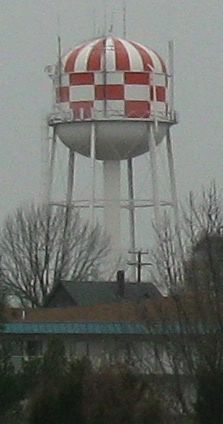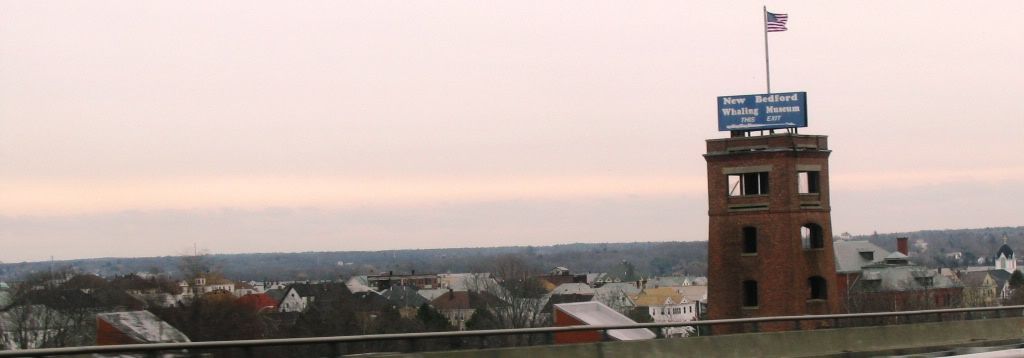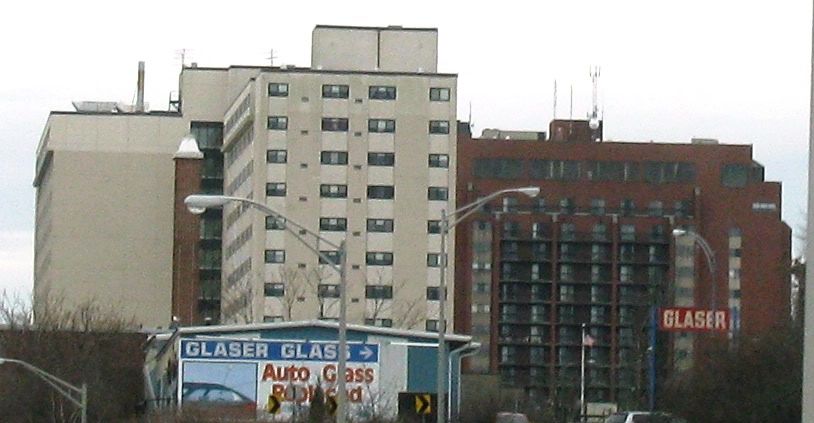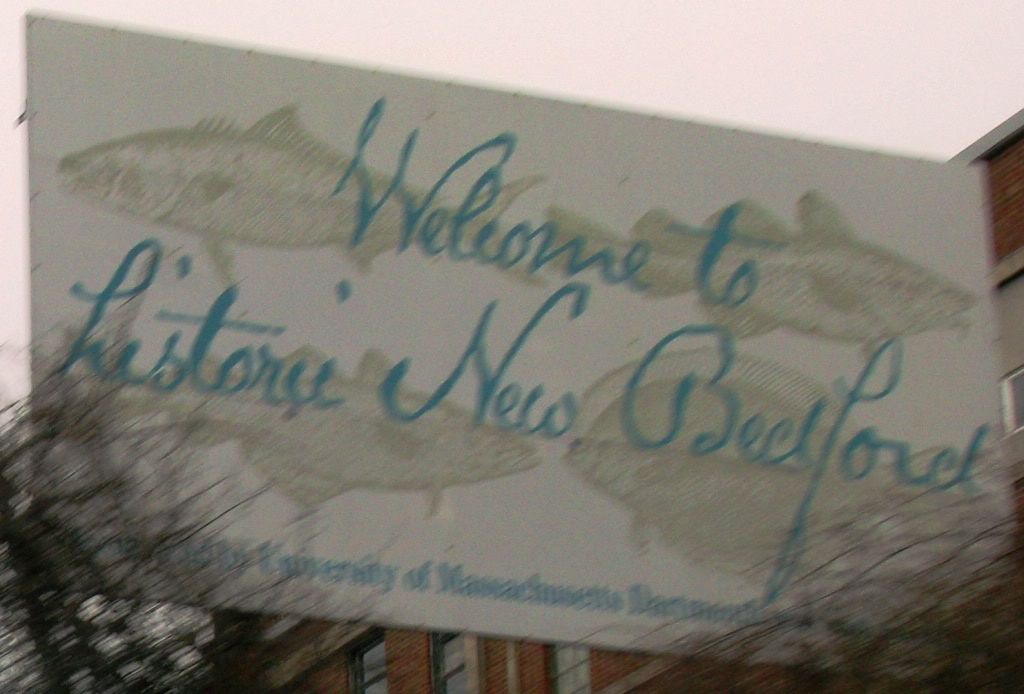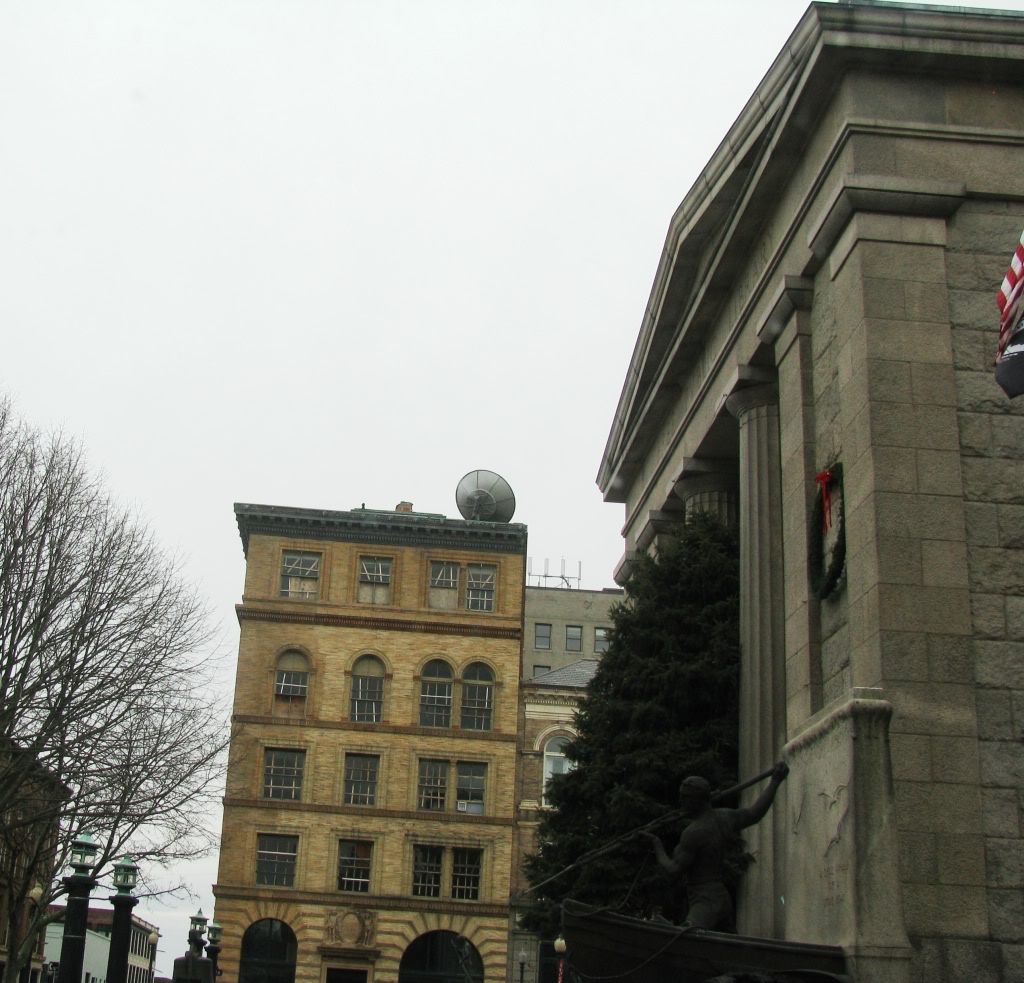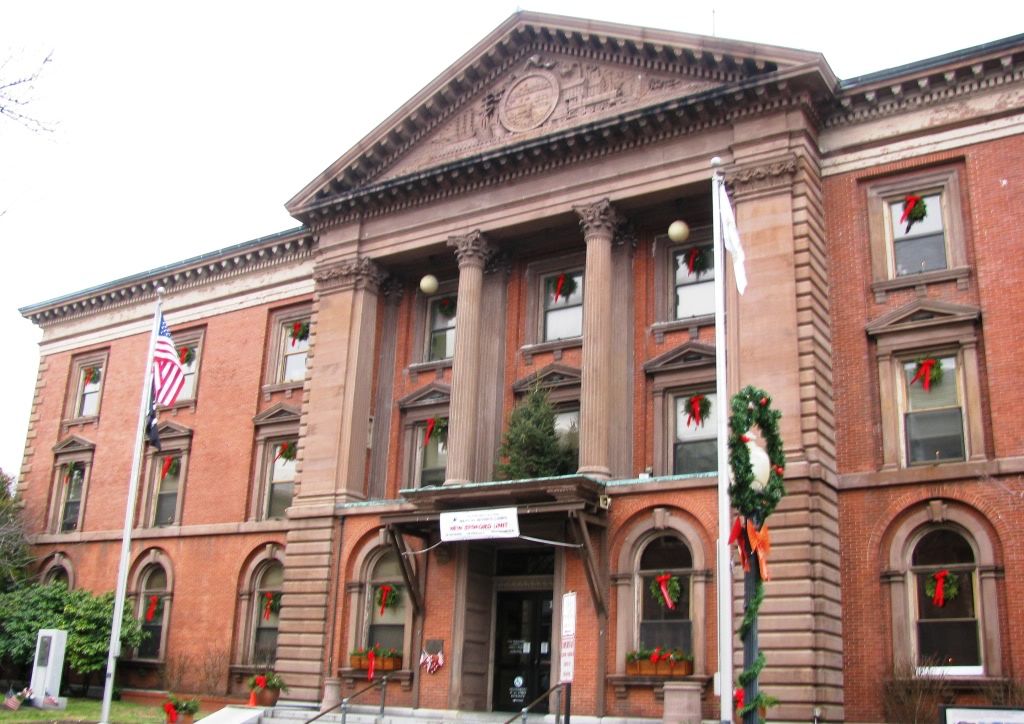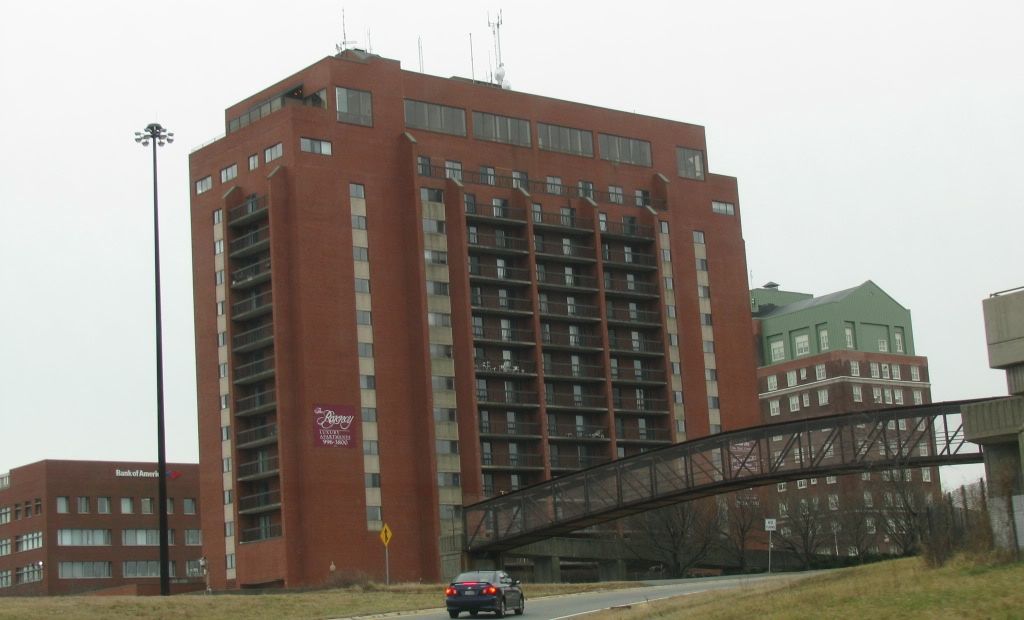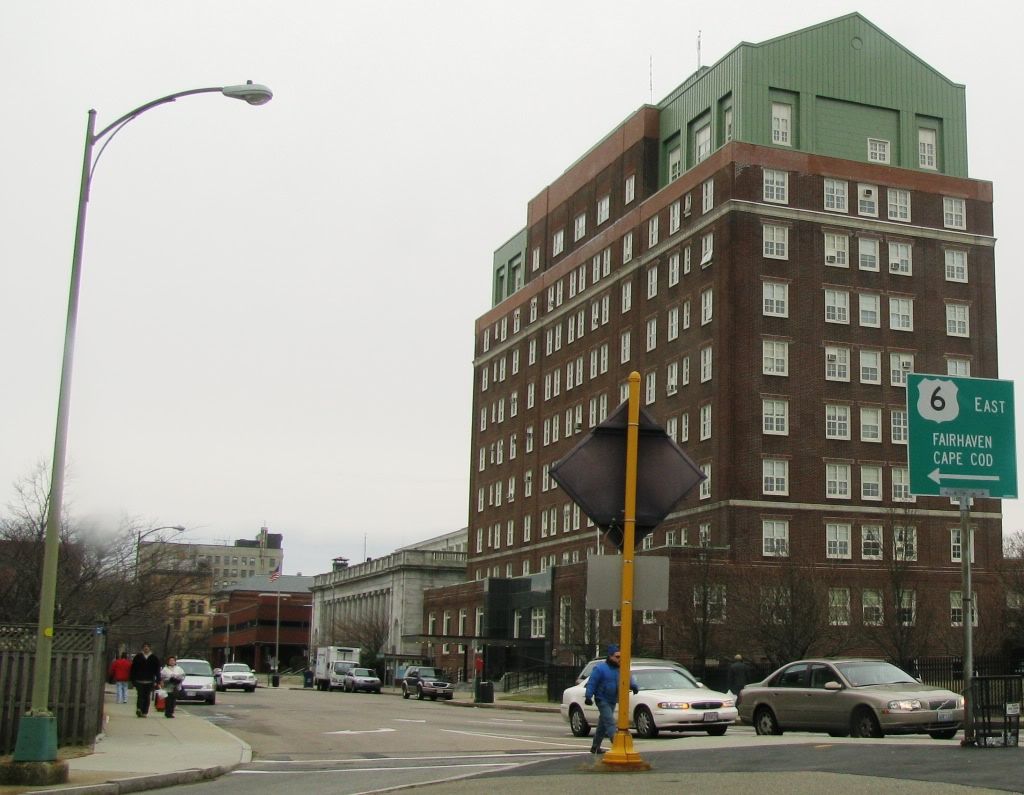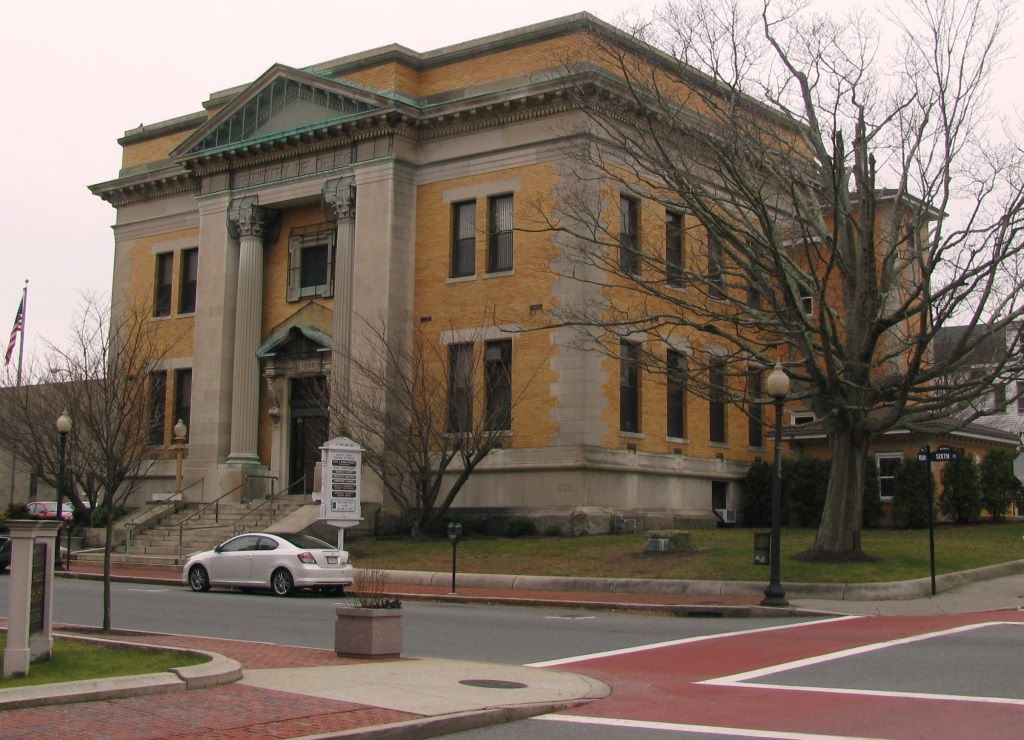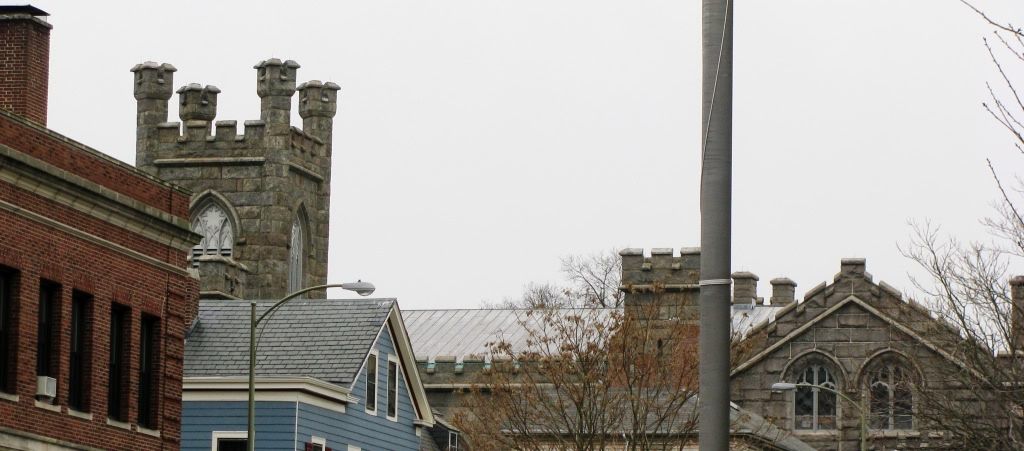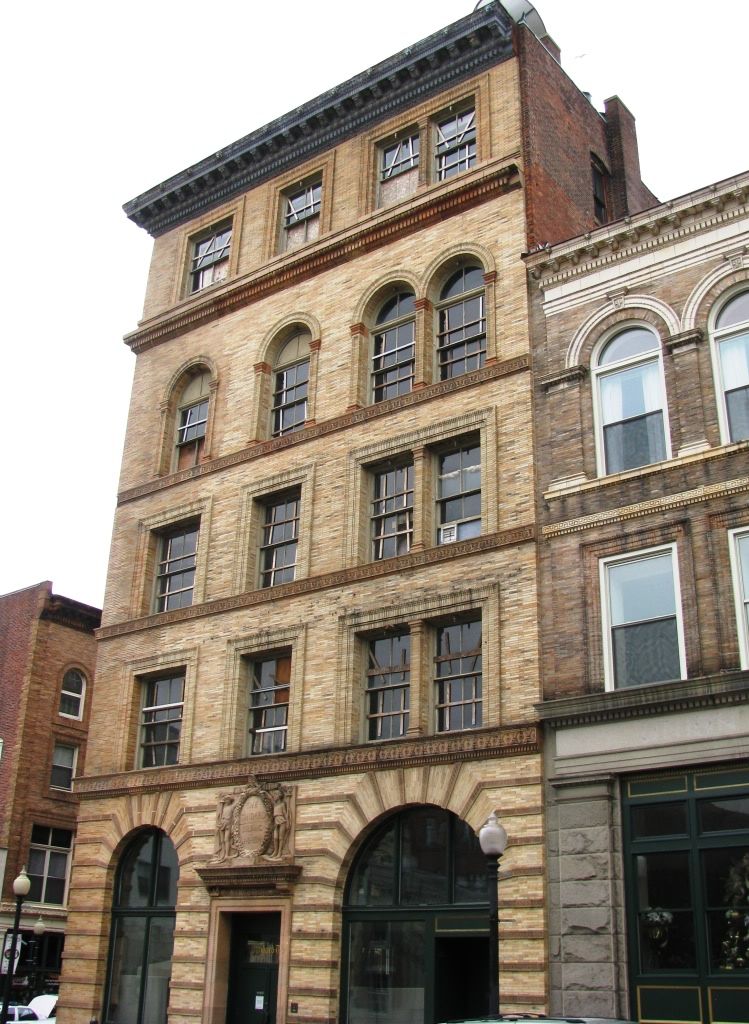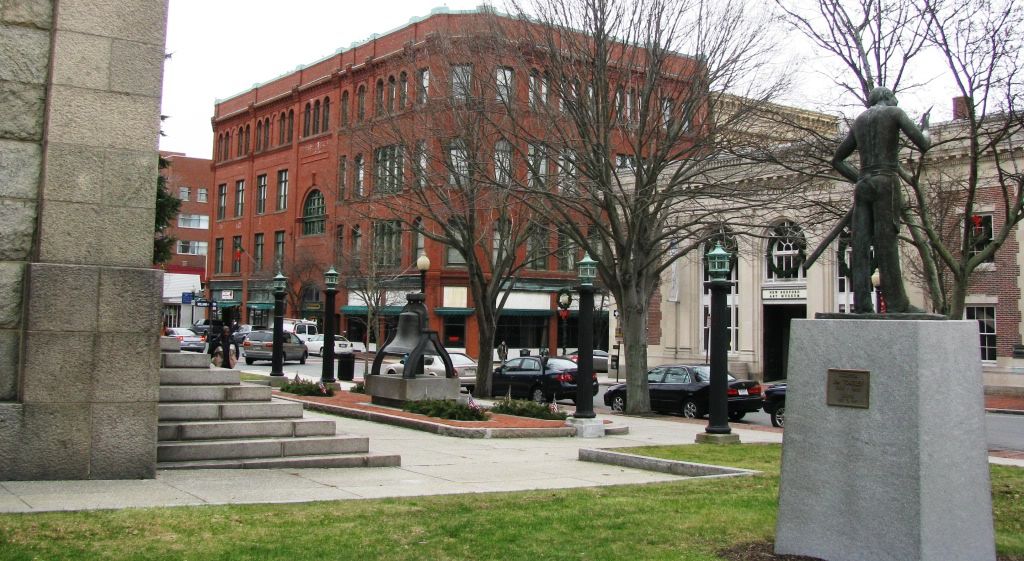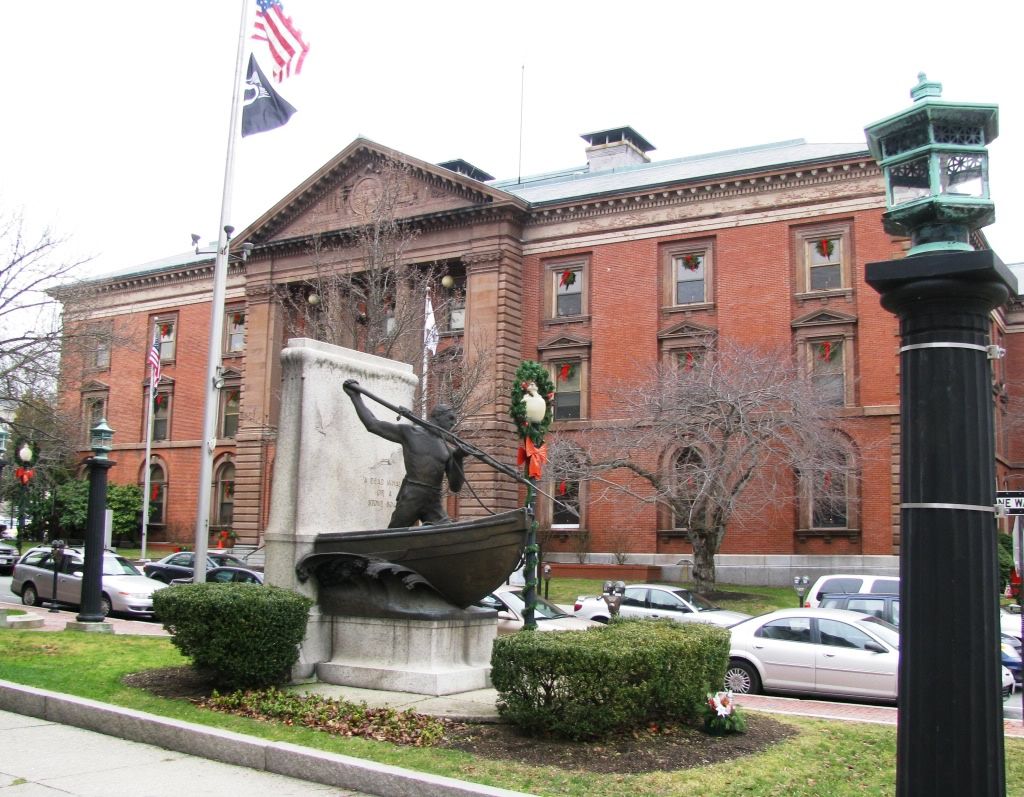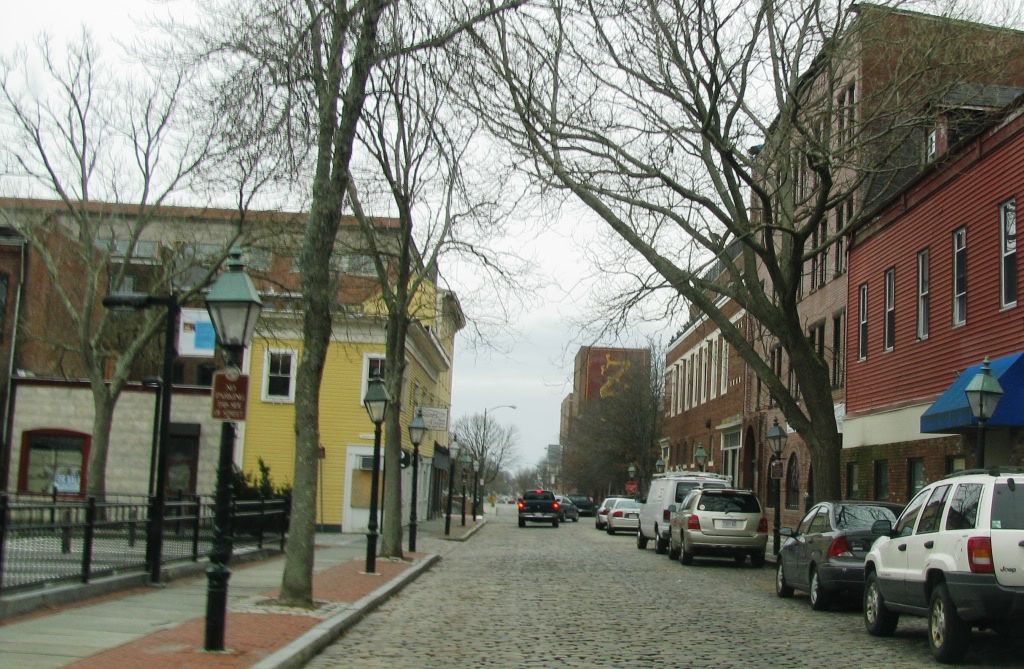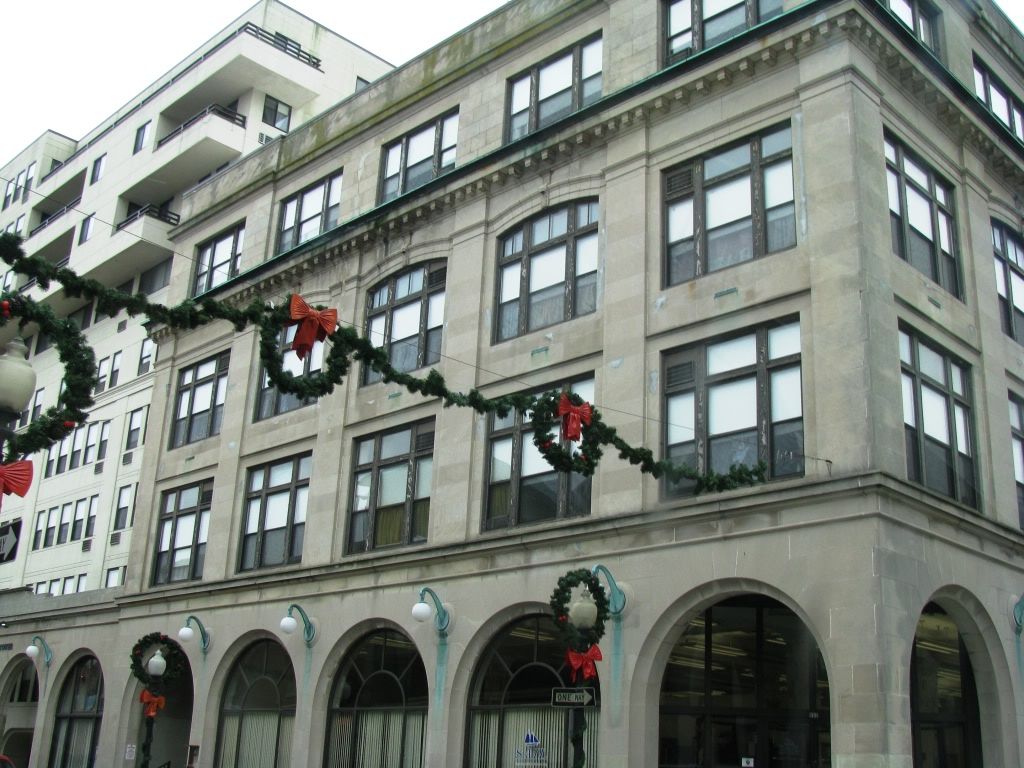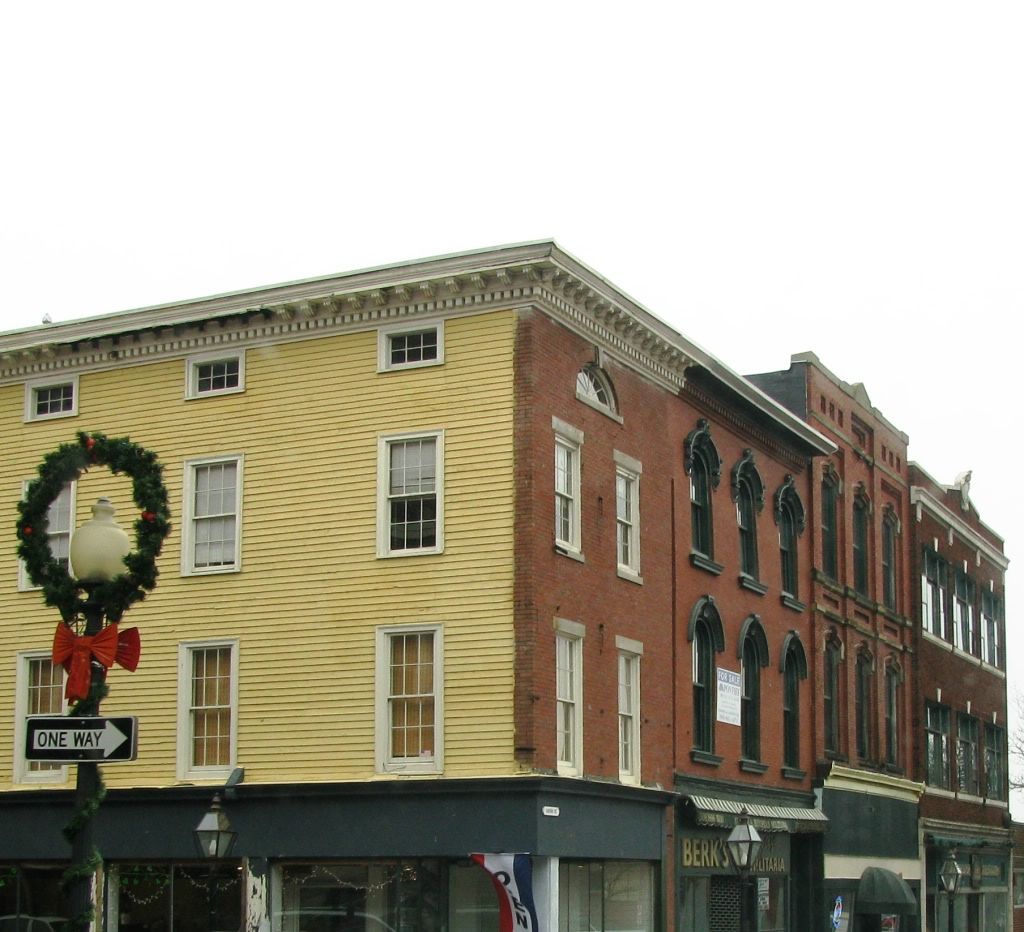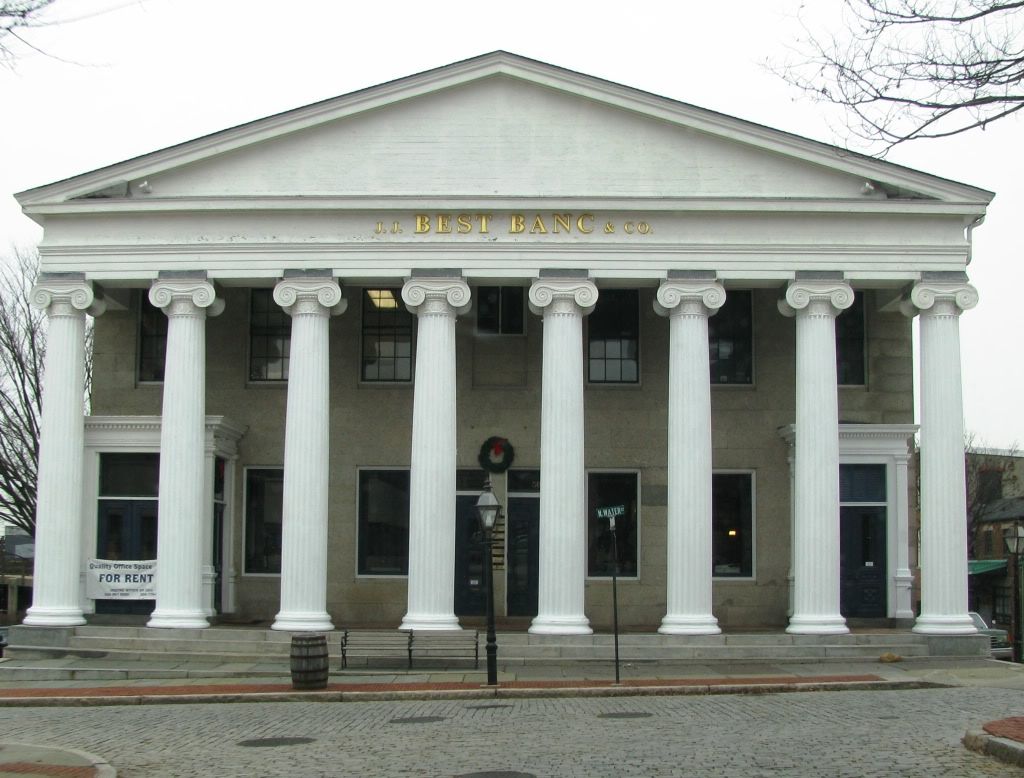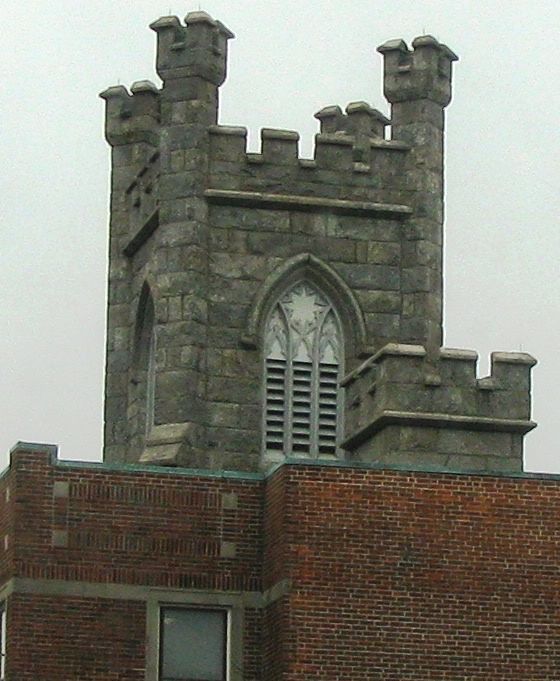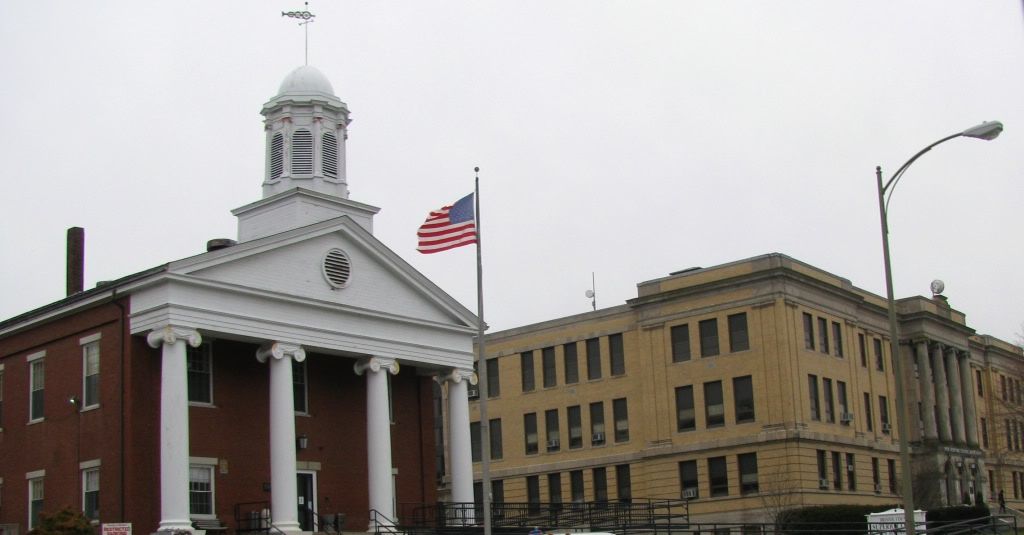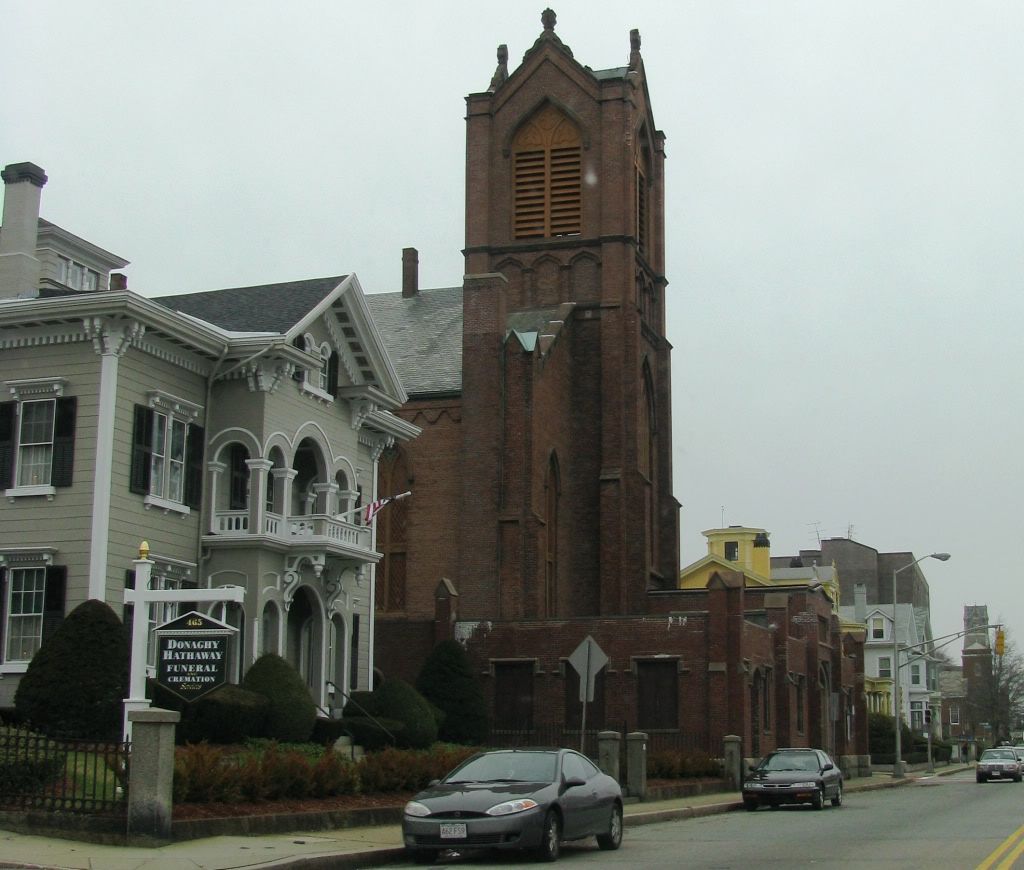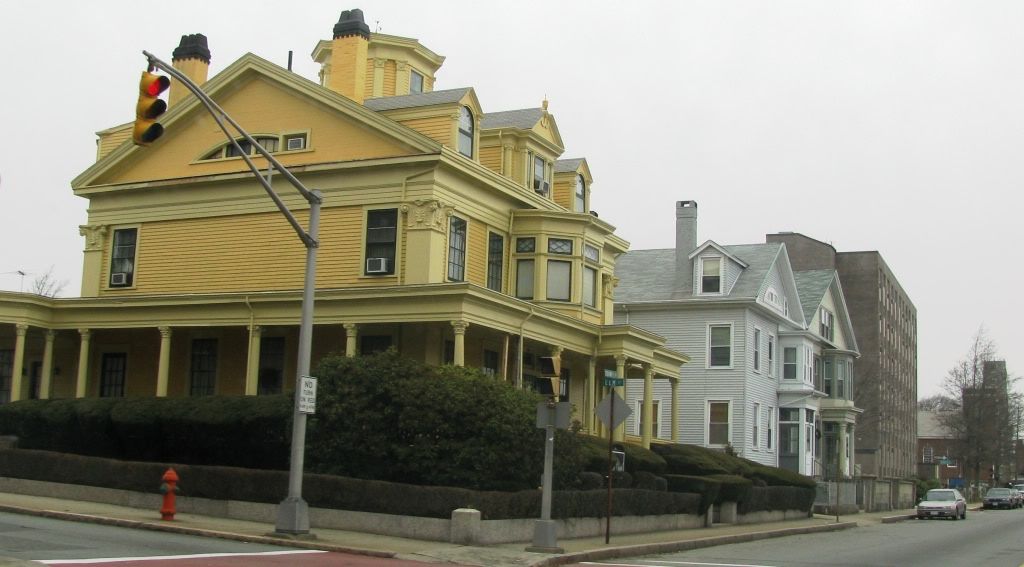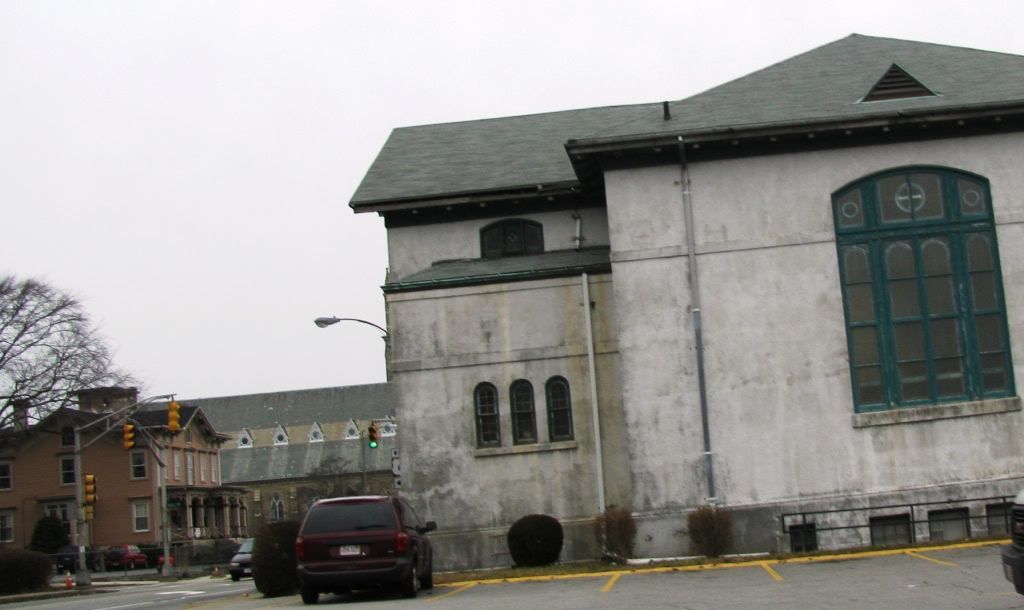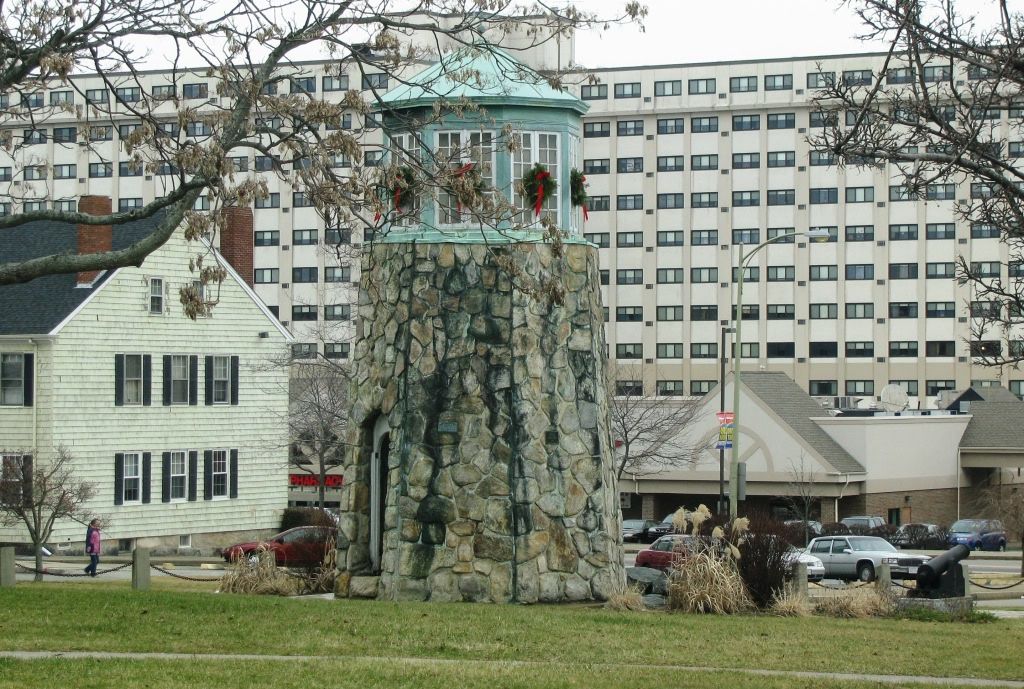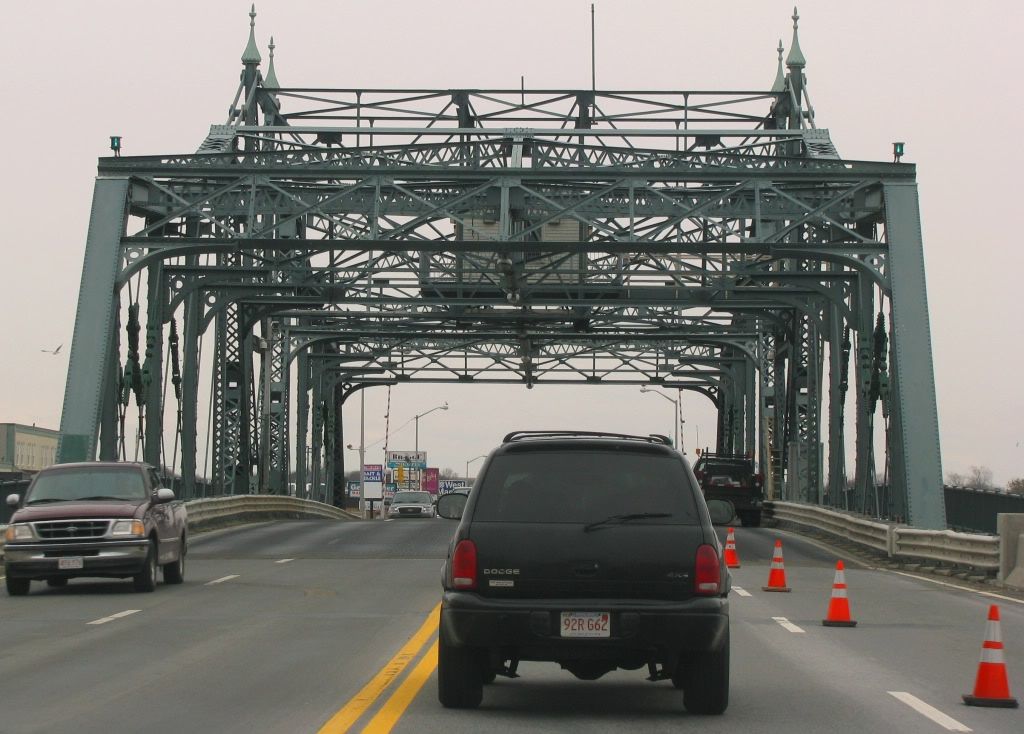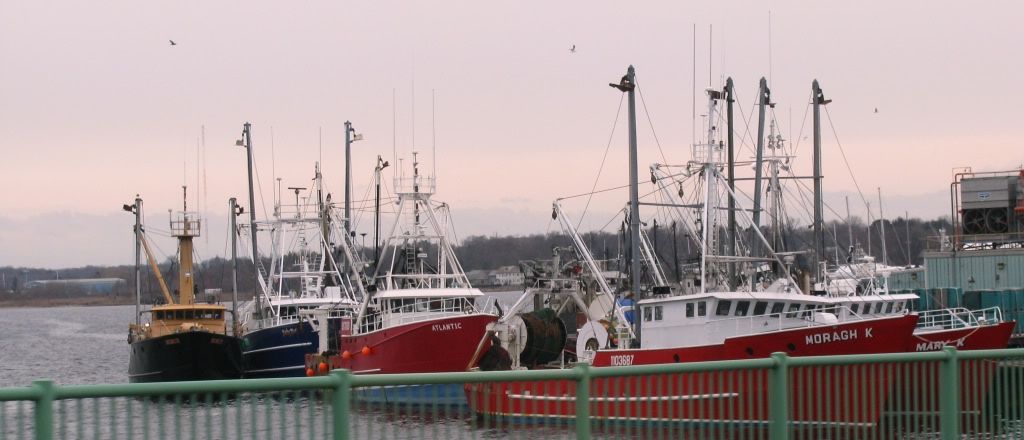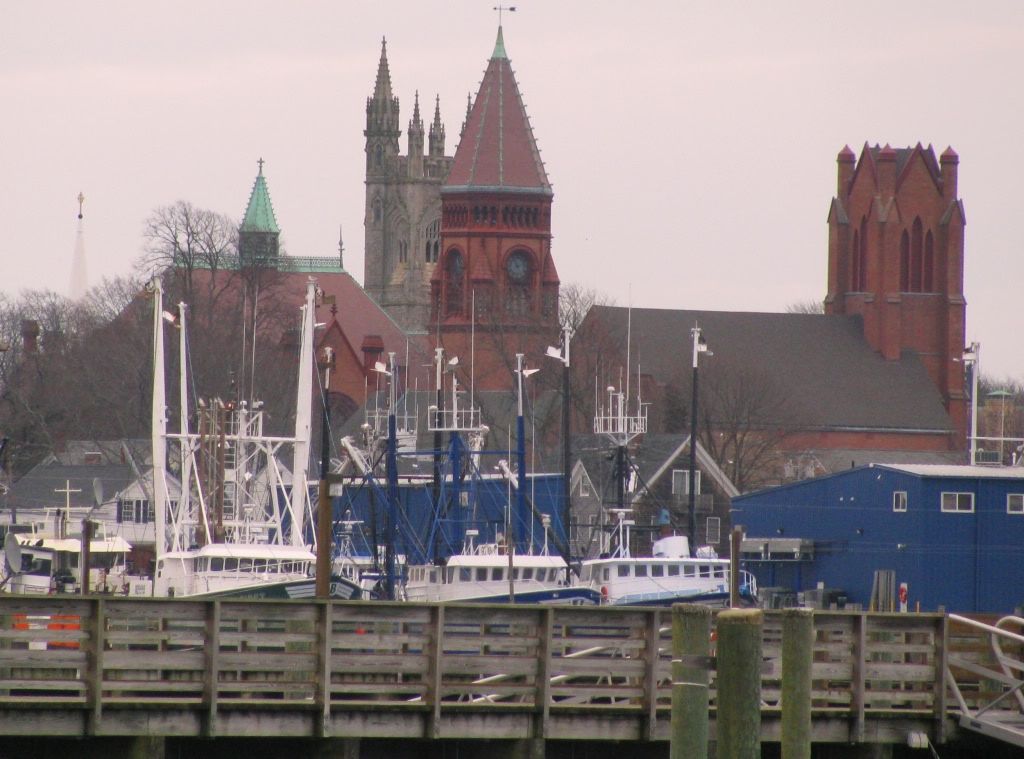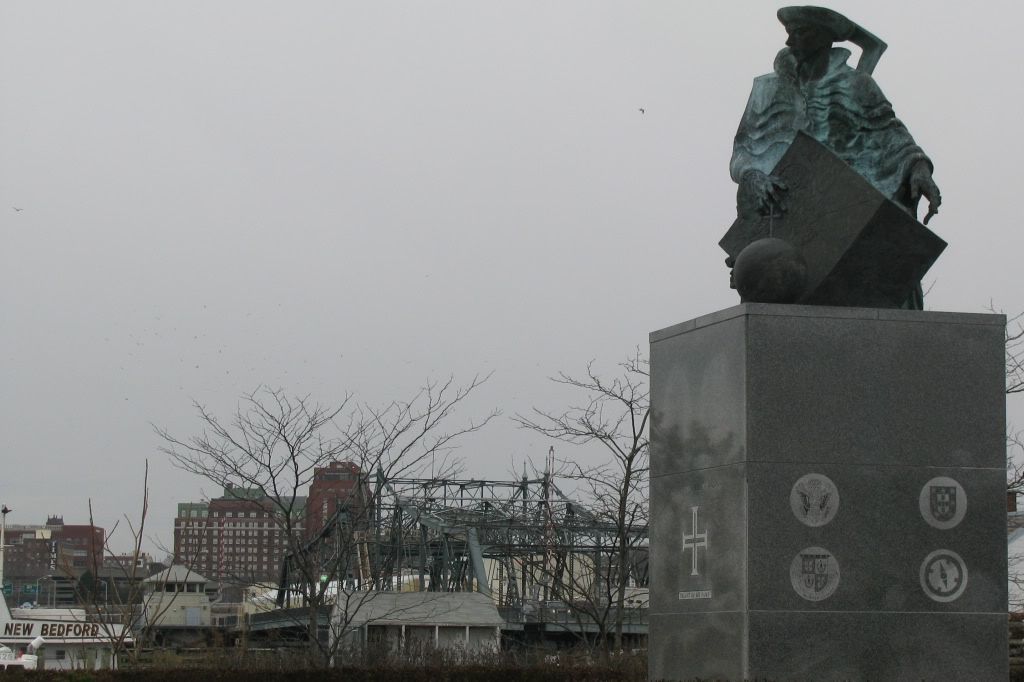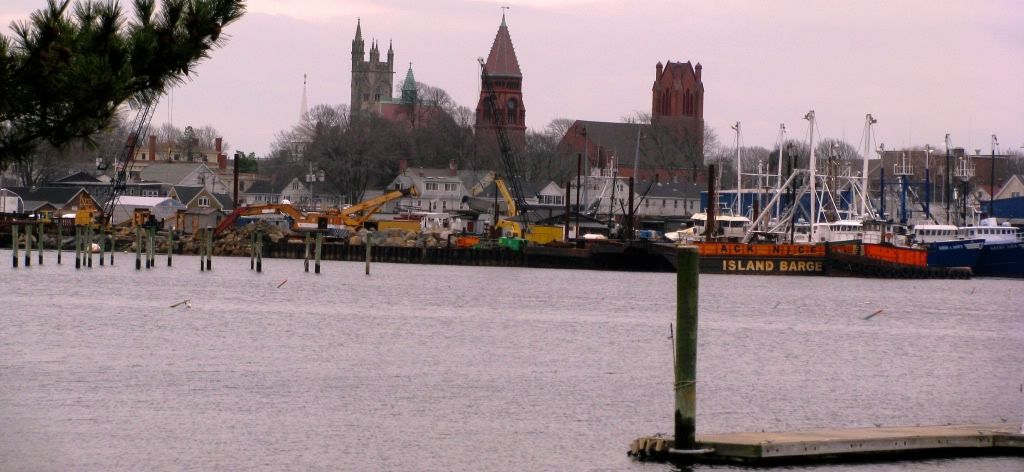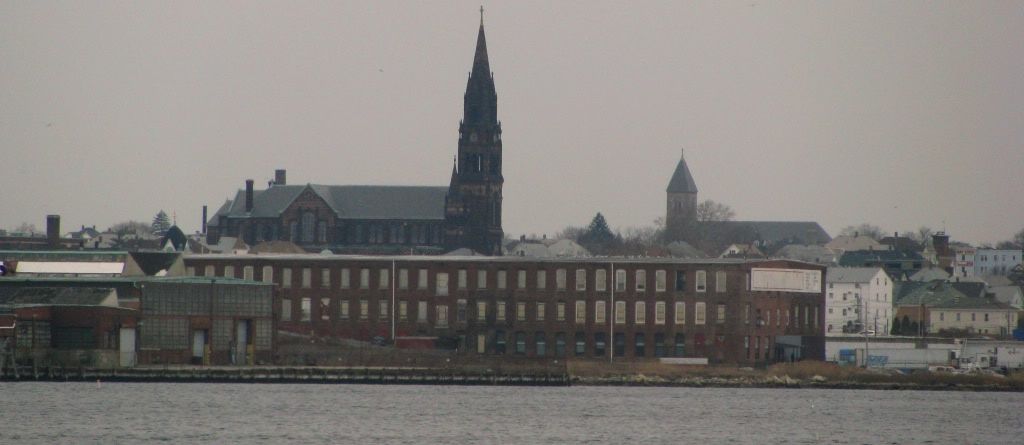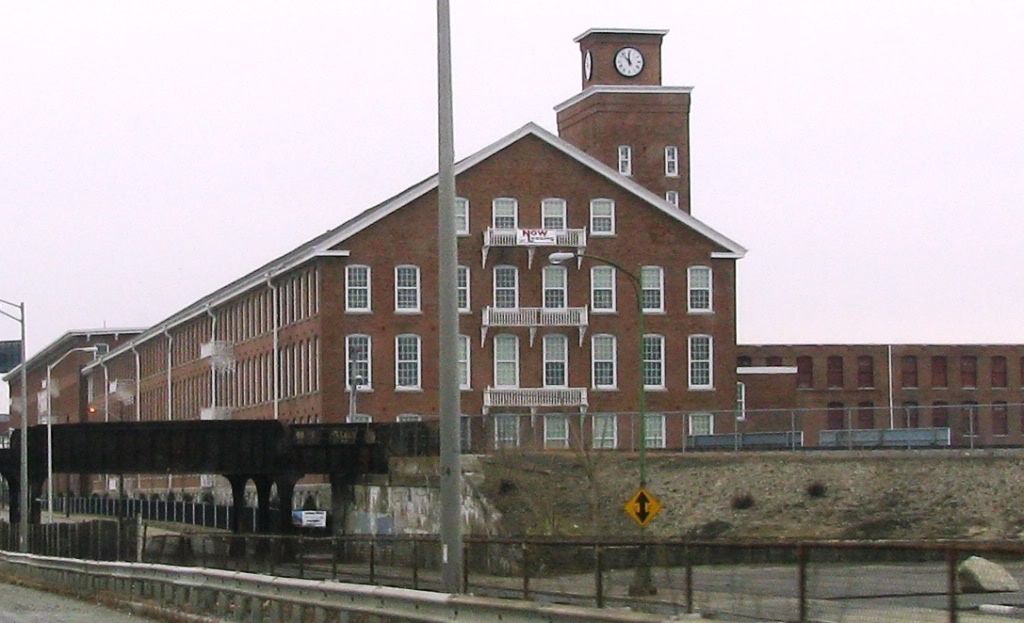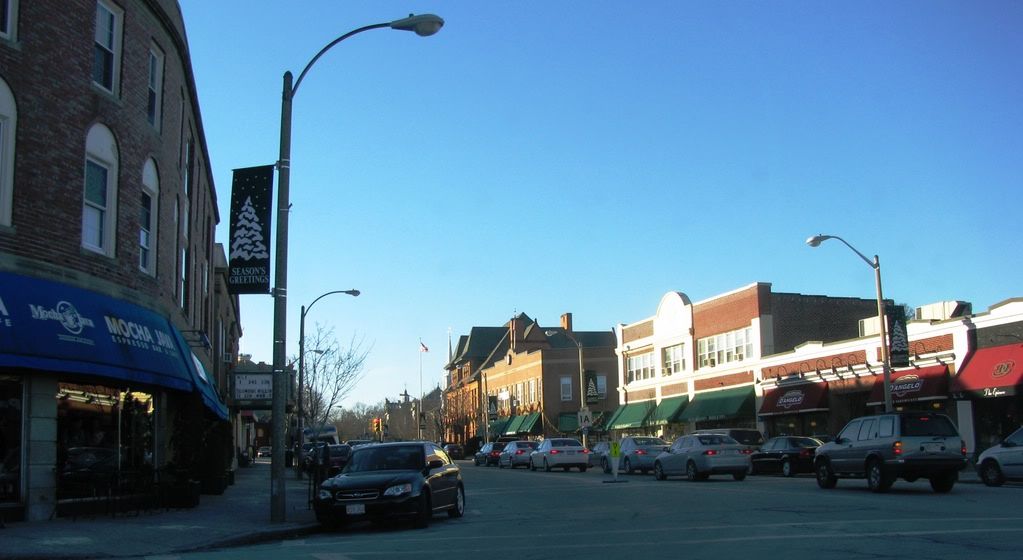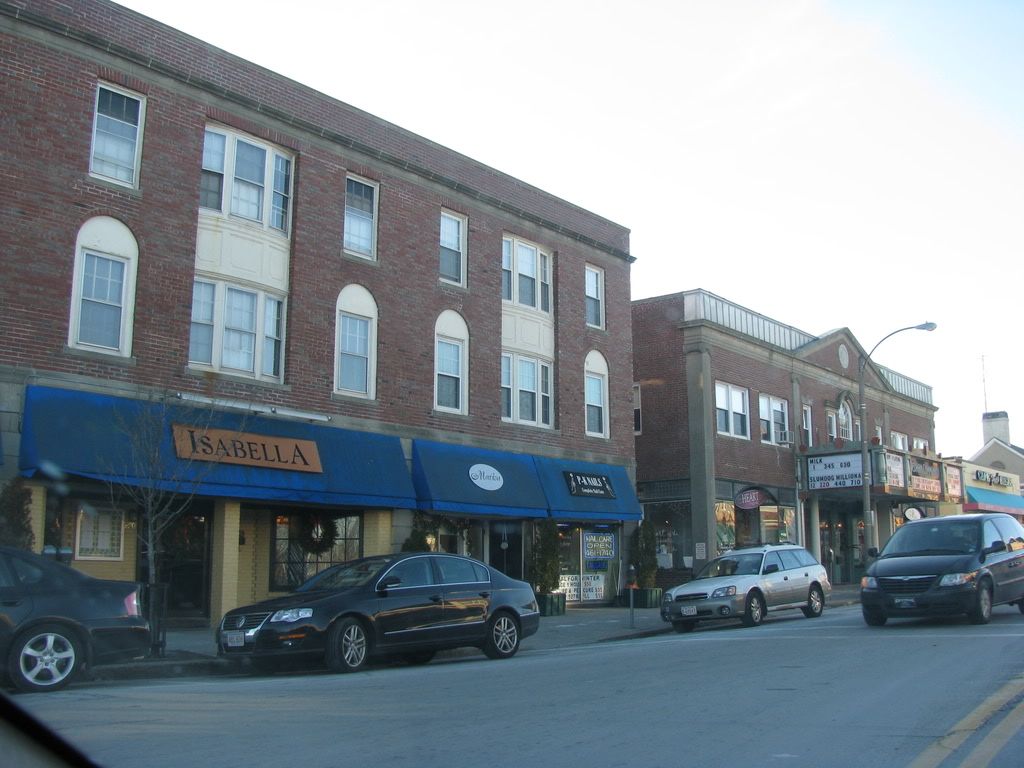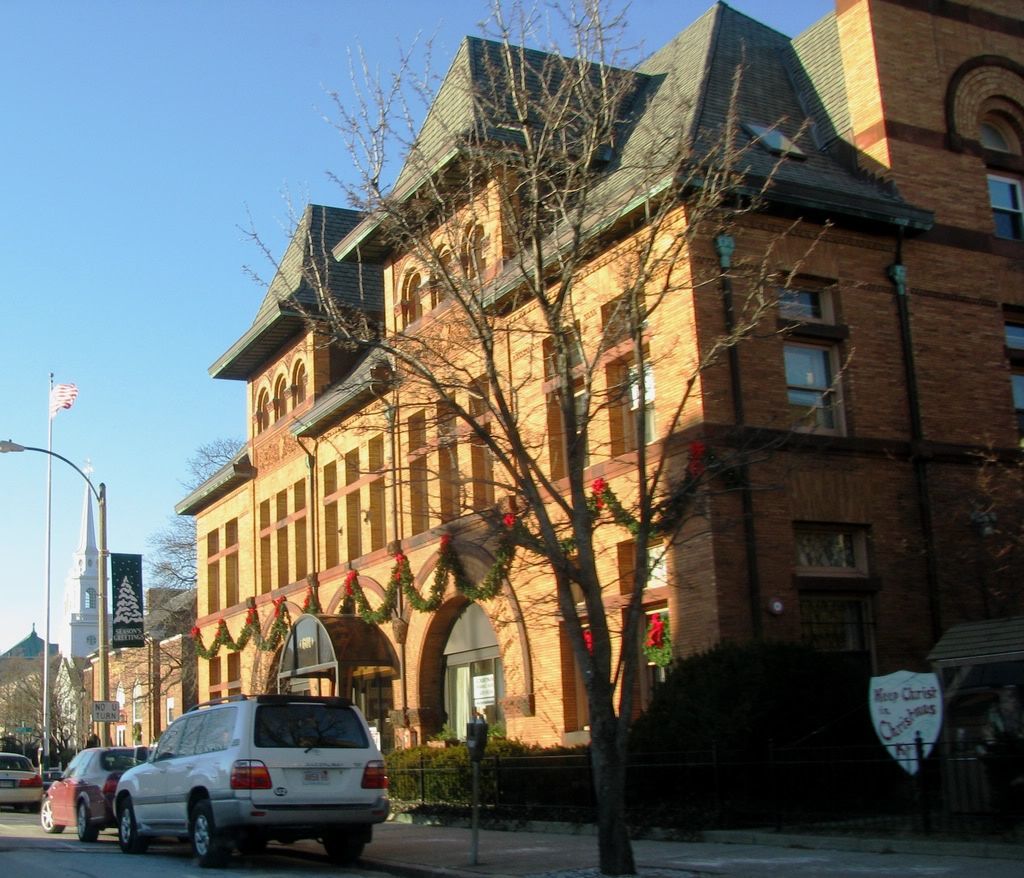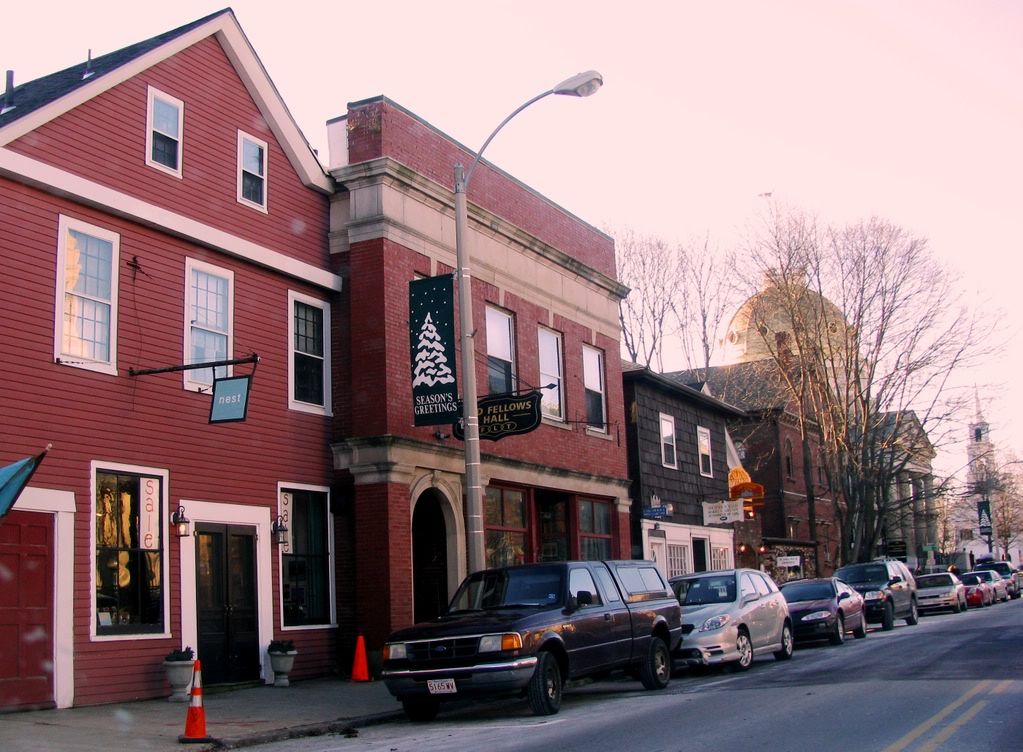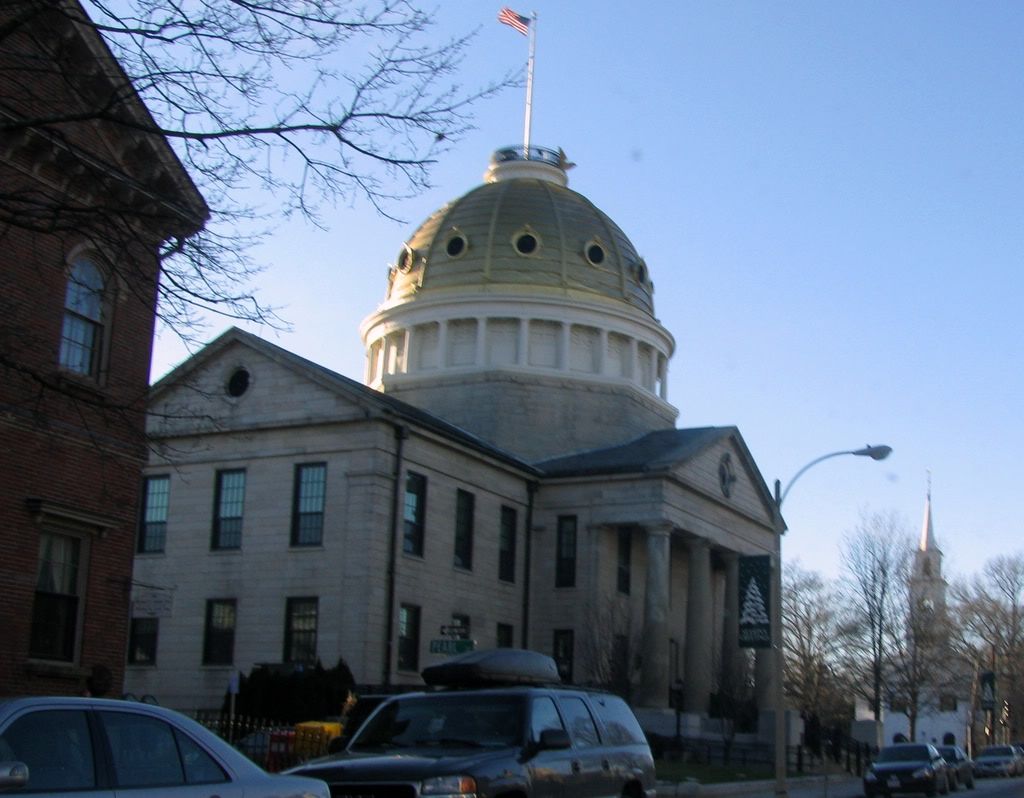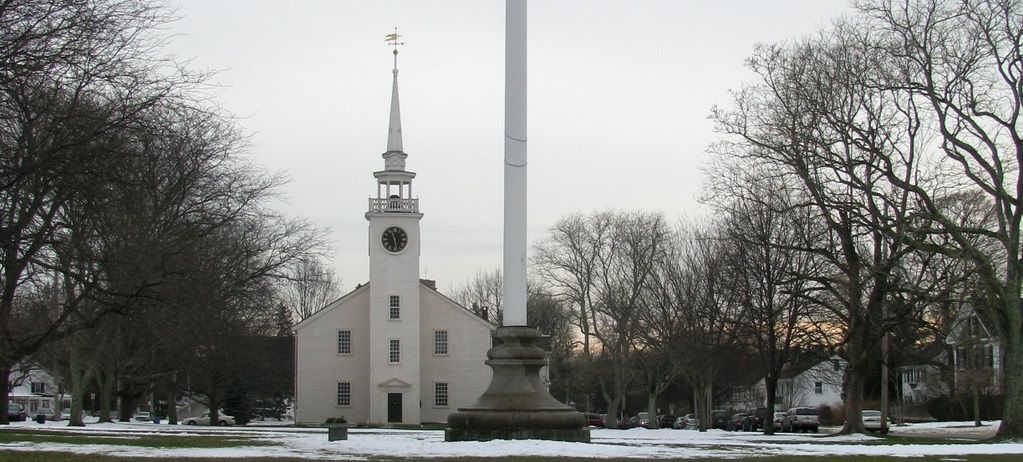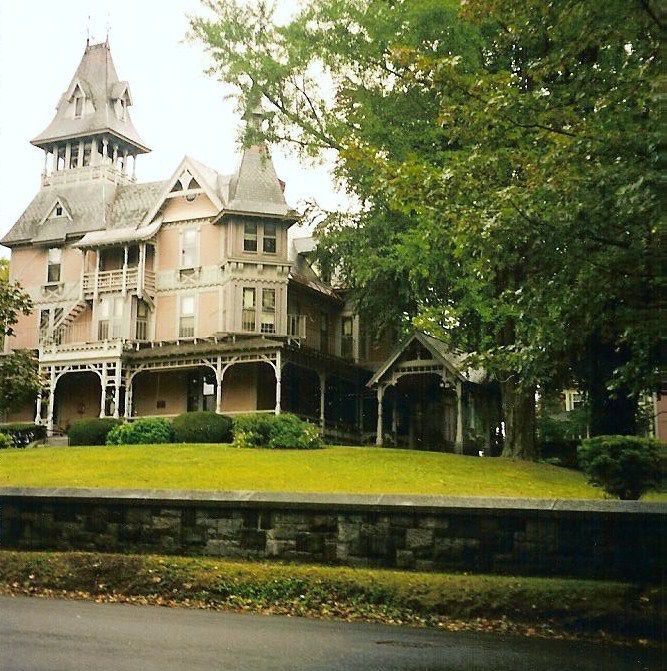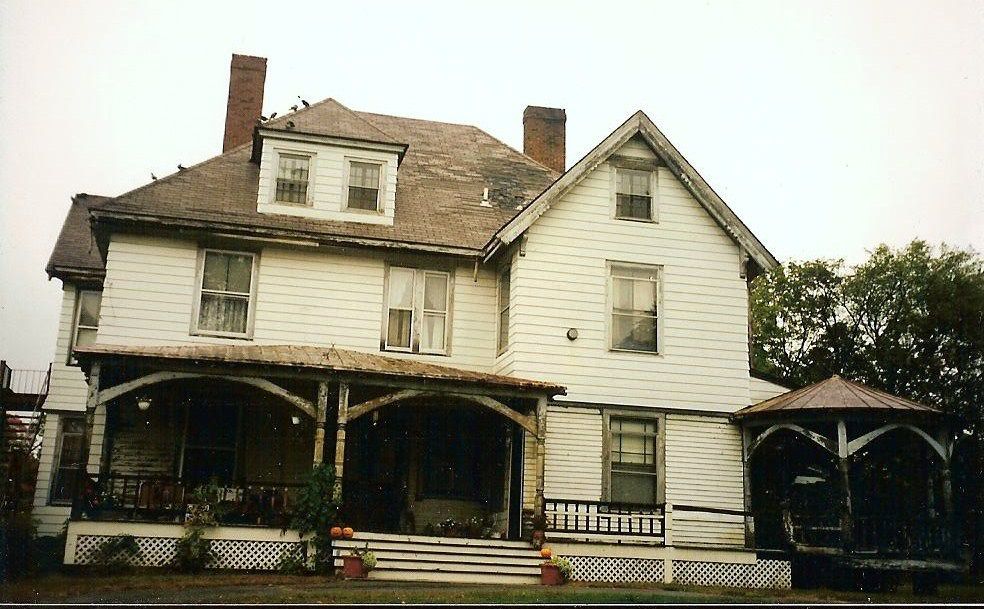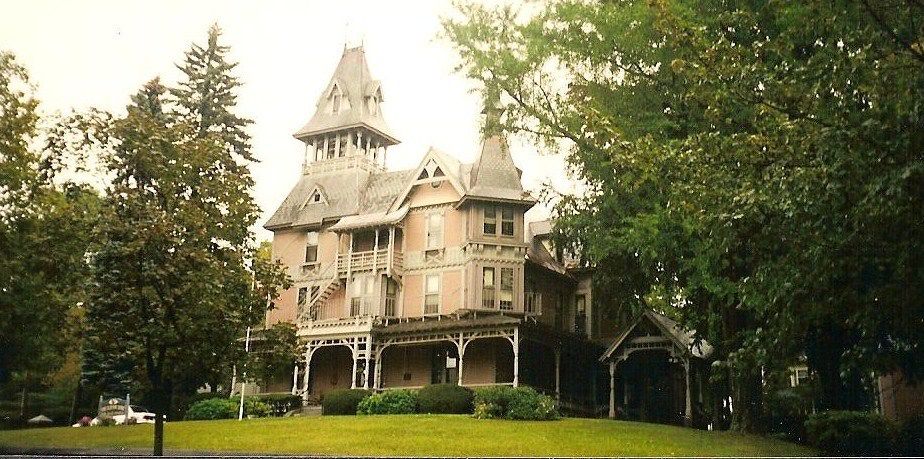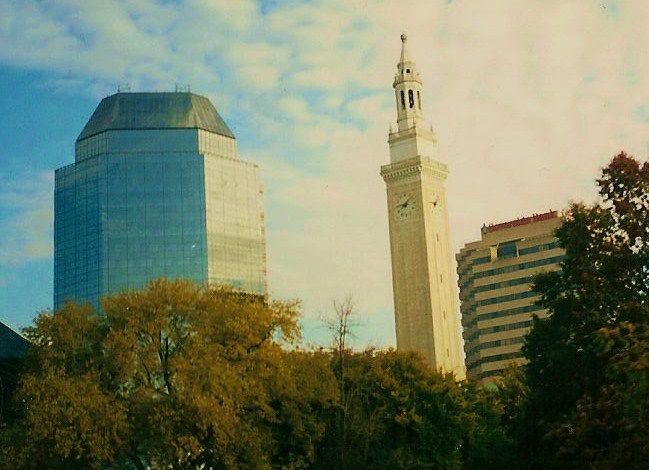^Good questions, garbribre, I'll address them the best I can.
I do think the improvements are more than just on the surface. It's been a long time coming, in my opinion. Many "rebounding" cities in New England are relying heavily on an "artistic renaissance" in their downtown areas and New Bedford is no different. However, there seems to be a genuine attraction to New Bedford for the artistic community that many of the other cities (e.g. nearby Fall River) don't have.
I think this attraction stems from some of the following:
1) Cheap rents (by coastal MA standards, anyway)
2) Preserved, picturesque coastal community
3) deep historical roots
4) a pre-existing arts community to act as a foundation for newcomers.
5) medium sized university nearby
Like I said, most cities are really pushing hard to attract artists (some following the lead of Pawtucket, RI and offering free studio space). New Bedford hasn't had to do much to attract artists, in fact I'd go so far as to say many of the artists came before the incentives from the city. New Bedford has had a decent arts community due to the affordability, the history and preserved historic districts, and the location on some of New England's best coastline. The art museum has been around for a while, the Zeiterion Theatre has been popular for shows, and the Whaling Museum has maintained the arts as a significant part of its draw. Combine that with the relative affordability of New Bedford, and you have all the right ingredients for an artists' community.
The arts however, are just the tip of the iceberg and don't differentiate it from anyone else really. The big difference lies in New Bedford's fishing heritage (matched by no other city in the nation with the POSSIBLE exception of Gloucester) AND the large ethnic population. Over 40% of the city's population claims Portuguese heritage and many of those are first and second generation. There are also large numbers of Brazilians, Guatemalans, and Mayans. The city's culture is HEAVILY influenced by these ethnic backgrounds and is now starting to benefit from them.
The cultures mentioned above provide culinary, recreation and shopping options unique to this region. The Portuguese culture has really had a major effect on the city's restaurant industry. New Bedford has had a bad reputation, but the restaurants have always been pretty good. Even many restaurants not intended to be a Portuguese restaurant have ended up heavily influenced by Portuguese cooking and sauces. Even in the city's toughest times, this culinary influence has provided a unique dining experience that can really only be found in this area.
The emergence of the fast-growing artist community coinciding with the existing culinary community has really opened new doors for New Bedford. When you combine this with the already sound base of good existing museums (and a new one- the Ocean Explorium) and a picturesque downtown, good things are bound to happen and it's really starting to show. Downtown has almost doubled the number of restaurants and greatly increased the quality at the same time. The traffic created by office workers during the week and visitors on the weekend has paved the way for new stores to take up shop in town. Rents have skyrocketed (which has been tough on some of the longer standing shopkeepers in town) but that hasn't stopped people from expanding.
The city is attracting external interest as well. No longer is Portuguese the only type of ethnic food you'll find in town. Newer restaurants serve all sorts of types of cuisine. Cafe Balena serves Sicilian, Cork serves Spanish wine and tapas, Spicy Lime and Catwalk serve authentic Thai food, the Waterfront Bar and Grille serves upscale creative seafood, No Problemo is a great burrito joint, and a new upscale Korean place is slated to open early next year.
Nightlife is an area where I've seen the most improvement. It used to be that someone from the Fall River/ New Bedford area went to Providence, Newport, Bristol or Boston for a night out as there were no options in either Fall River or NB (no safe ones anyway). With the addition of a bunch of newer, more upscale bars, New Bedford has a real nightlife scene now.... and one that's safe. I actually went out when I was home over Thanksgiving and was quite impressed. There are a good number of bars, clubs, and lounges that really cater to a better crowd. The tough crowds have been pushed outside of the downtown area to dingier bars and clubs. New bars and clubs are opening almost monthly. Hibernia Irish Pub is the newest addition (3 weeks old) and it's great. They have 19 beers on draft (inc. Guinness Extra Cold) as well as some of their own home made brews ("Hibernia Ale"). They feature live music every night, including Celtic Bands every Sunday. Other bars offer interesting features as well; Waterfront's kitchen is open until 1am and the bar serves drinks on the deck over looking the ocean and Catwalk has a heated (for the winter) roof deck and a large bar downstairs. It's actually fun to go out in New Bedford which is weird because I wouldn't consider doing it even 3 years ago.
Ferry service to Marthas Vinyard from the State Pier (in its 6th year of existence) as well as service to Cuttyhunk has been helpful in attracting people downtown as well. The waterfront hotel will provide a place to stay for people downtown which is absolutely necessary. Not having a hotel downtown has been hurtful to business down there.
I wouldn't say New Bedford is trying to be Portsmouth NH on steroids. If you had to compare to other New England cities I'd pick the following three for reasons which I'll list below:
Gloucester: obvious comparisons due to the fishing industry. Both towns have a very blue collar population and the problems that come with a large fishing fleet (drugs, alcoholism, etc). Both cities also have an underutilized waterfront and features that could be attractive to tourists.
Portland ME: Let me clarify, Portland is an already successful city. It's also smaller than New Bedford even though it's the economic center of a larger area than New Bedford could ever be the center of. However, they share a lot of the same DNA. They both have strong maritime histories as well as large existing artistic communities. Portland's downtown is very similar to New Bedford's (in both size and layout) in that both cities have a "newer" (though not really that new) downtown business area that directly abuts an old, preserved, waterfront district complete with cobbled streets, galleries, shops and restaurants. Portland's West End is VERY similar to New Bedford's West End both architecturally and and layout wise. Two of the biggest comparisons I can draw are that they are right next to the downtown area and are full of elegant old captian's homes and beautiful period architecture.
Now, Portland is far more gentrified and established than New Bedford. Downtown and the Old Port area have more businesses and are a true destination. The West End in Portland is one the city's nicest neighborhoods. New Bedford still has a ways to go, but it's getting closer.
Last comparison is Lowell MA. New Bedford IS a seaport, but after the whaling industry died out, texitles and manufacturing became the predominant industry in NB. Also like Lowell, New Bedford has to compete with a similarly sized city nearby for regional supremacy (Lawrence for Lowell, Fall River for New Bedford). Both cities are also making strides to attract businesses and tourism to their downtown areas and old mill buildings (which has seen moderate success in both cases). I feel New Bedford has a slight edge over Lowell given the addition of the seaport and coast as part of the urban fabric as well.
New Bedford looks good, but it has a ways to go. The improvement has to spread out of downtown. In many neighborhoods, crime and gang violence are still a major issue. In order for New Bedford to attract more than just day-trippers and overnight tourists (read: in order to attract residents) to more than just downtown and the West End (and outlying suburban neighborhoods), safety needs to be better protected and the public school system needs a lift. People who are relocating to the area still choose Dartmouth or Fairhaven as alternatives to the city as mass transit in NB sucks, the schools are crappy, and aside from a few bright spots, crime is a problem. The city cannot continue to improve until this is solved.
New Bedford has had to compete with Fall River (and other "Gateway cities") for funds and business in the region for years. They used to be considered on the same par ("run-down mill cities") but New Bedford has emerged as the predominant city on the South Coast. It's always going to compete with Providence, Fall River, Taunton, etc... but it's finally starting to find a niche.
The coming of the commuter rail bodes very well for New Bedford. A rail link to Boston will help economic growth as well as attract new white-collar residents and increase housing costs. The downgrading of Rt 18 (set to start this spring) from a highway to a surface avenue will help reconnect the city to its waterfront.
In all, New Bedford is looking up, but it's got a ways to go. I think it'll get there though.

